Les 400 coups (1959). Dir. François Truffaut
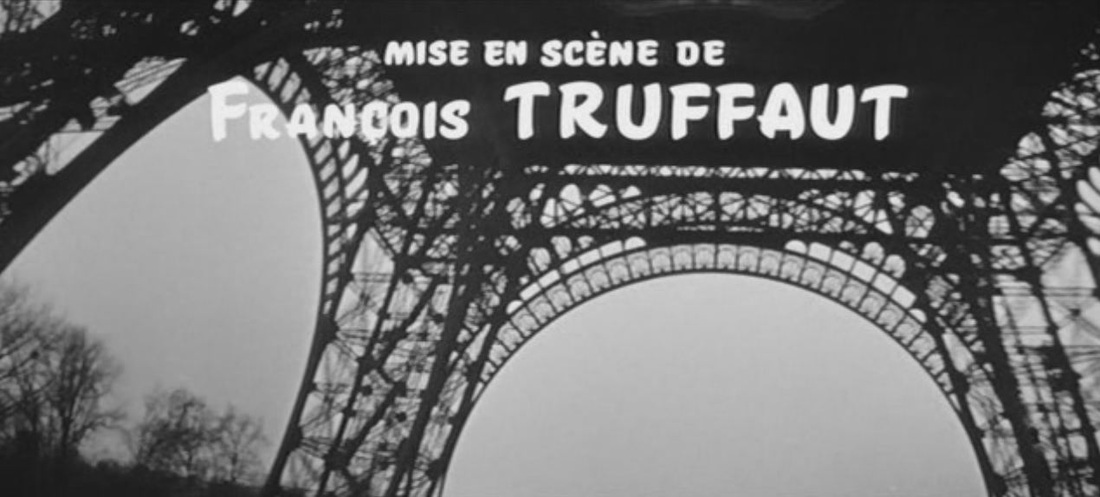
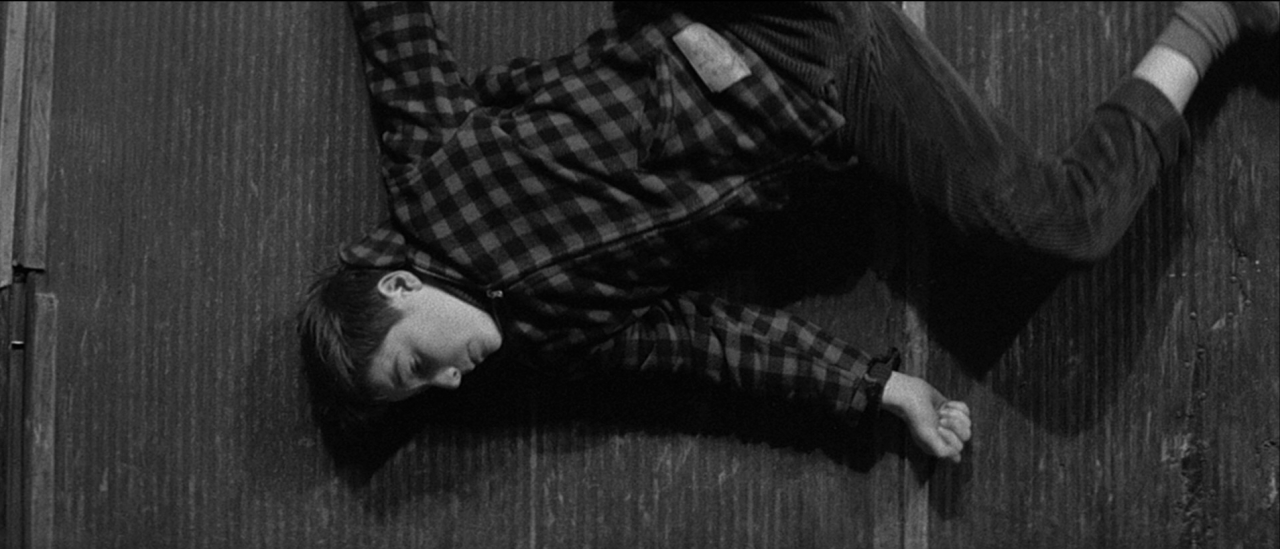
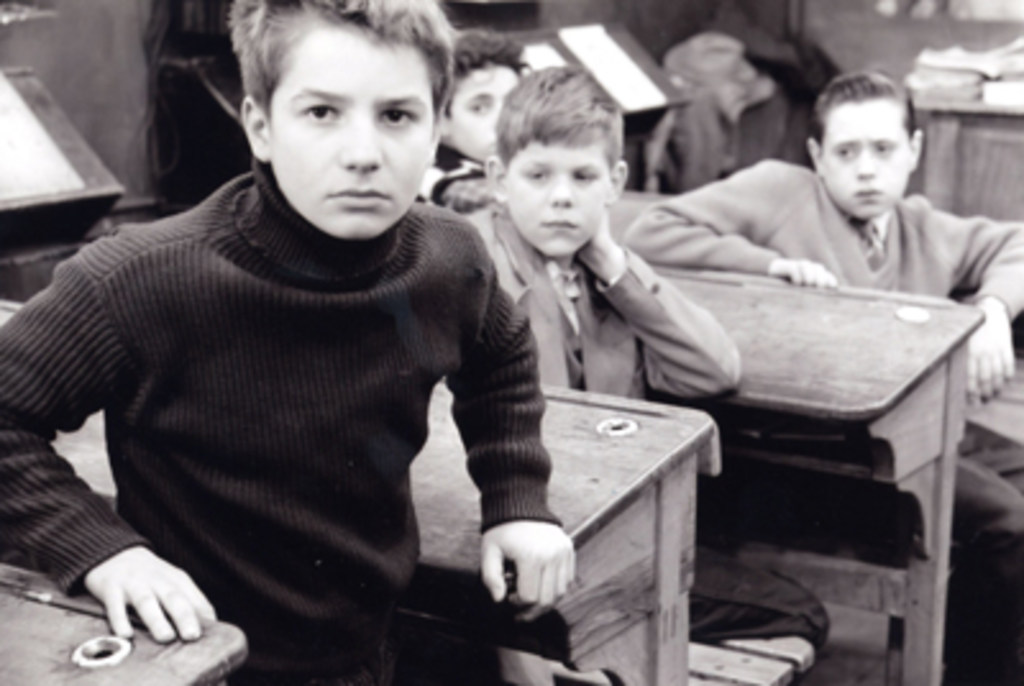
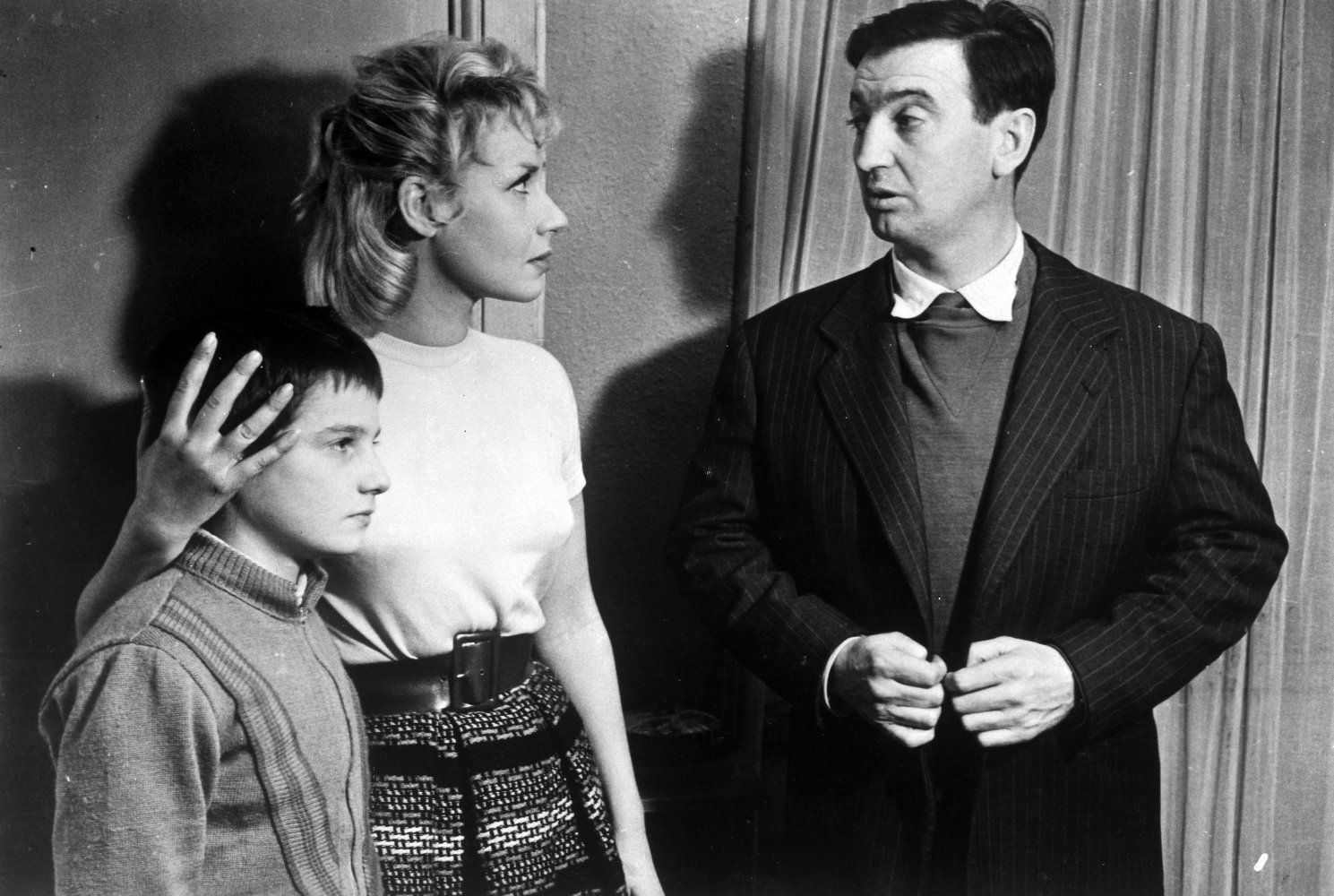
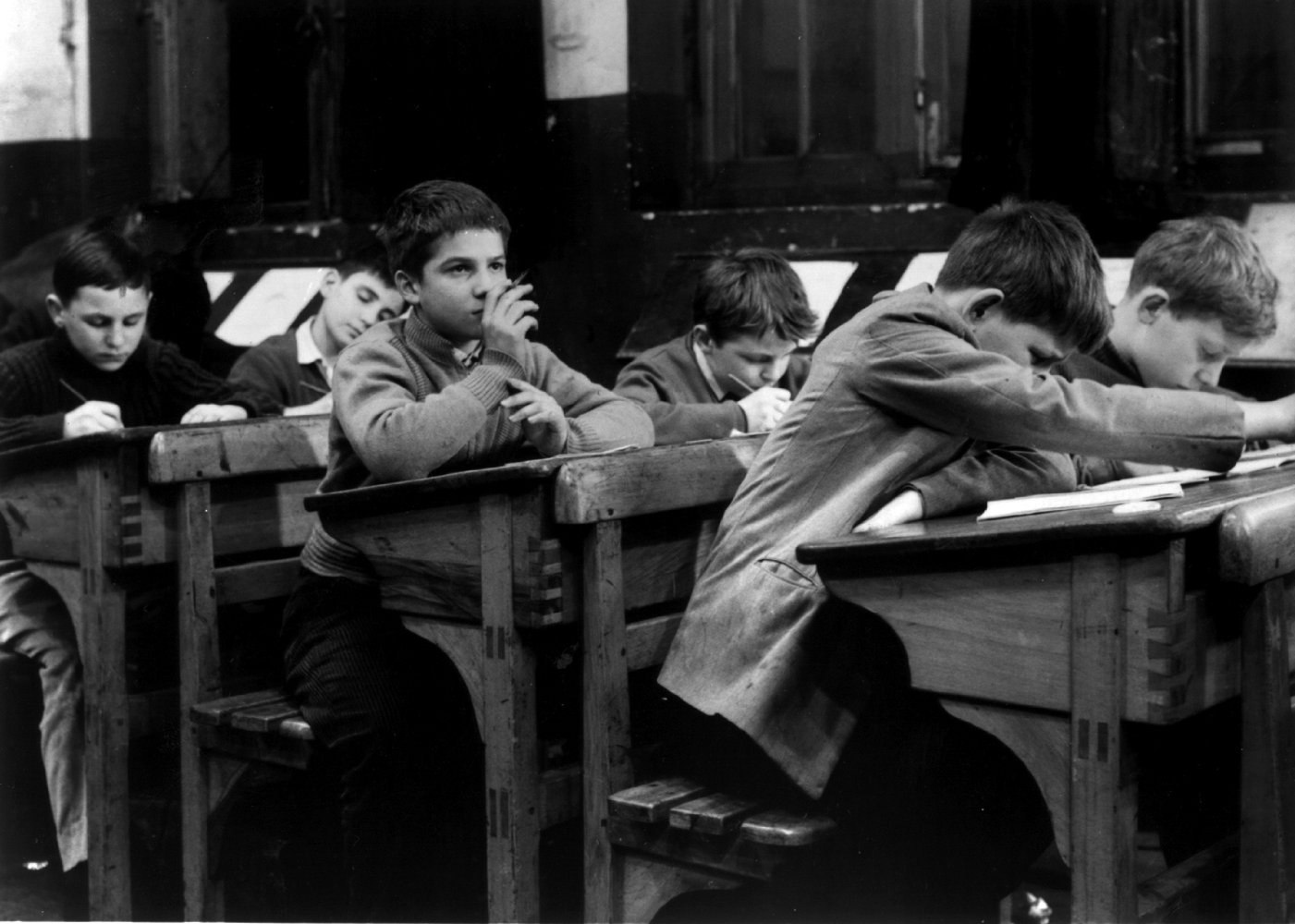
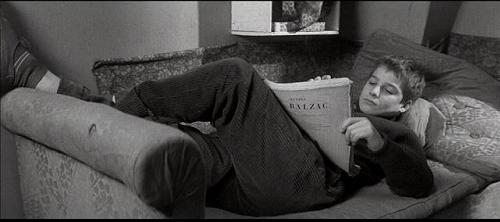
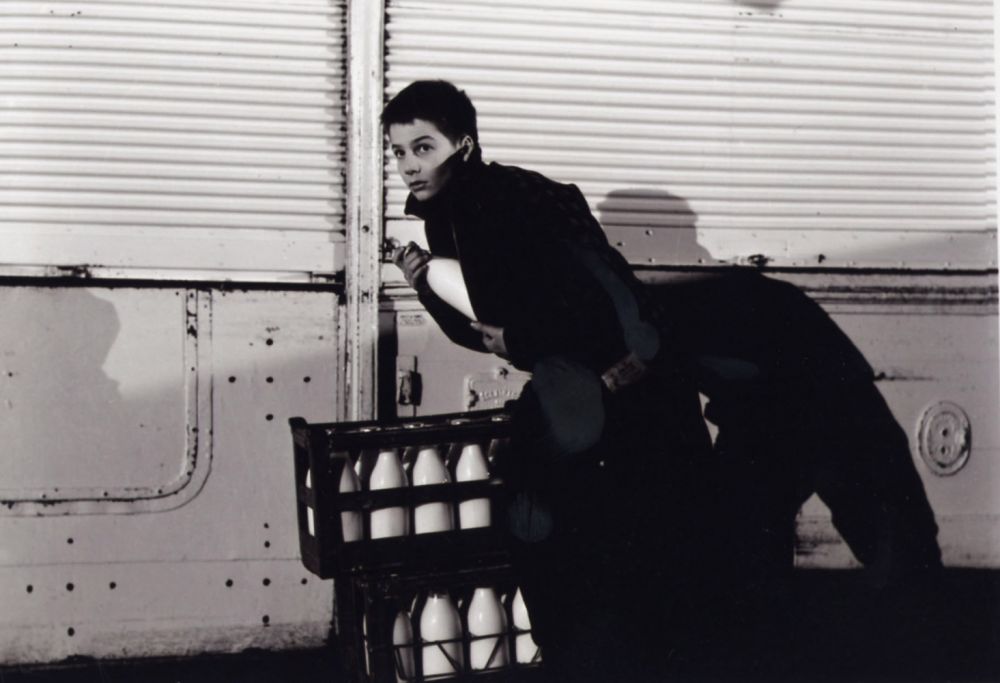
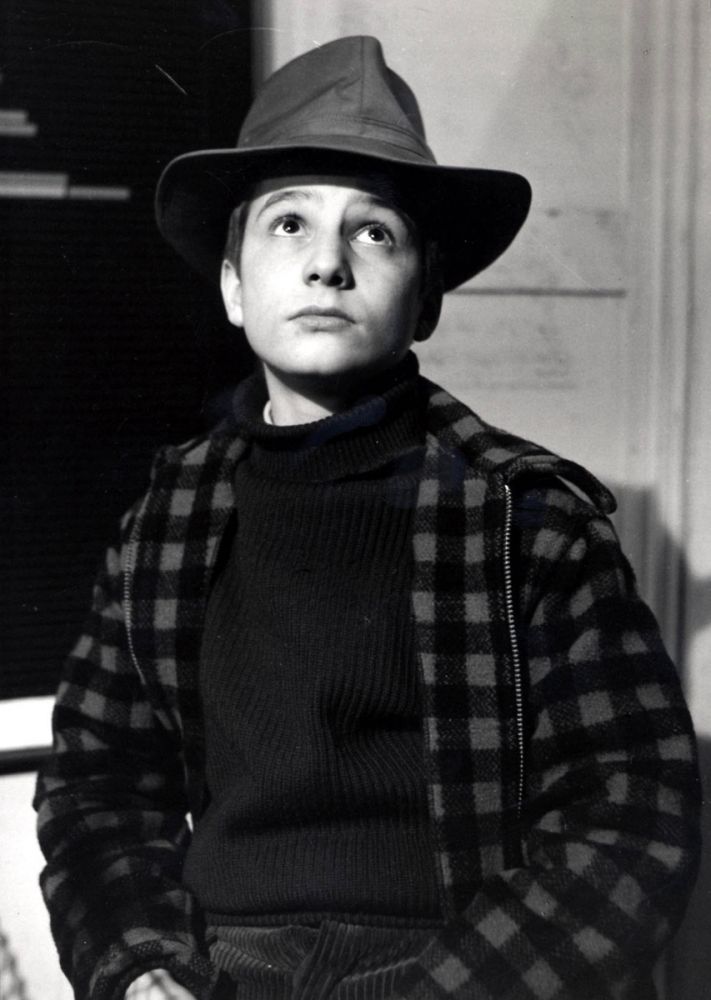
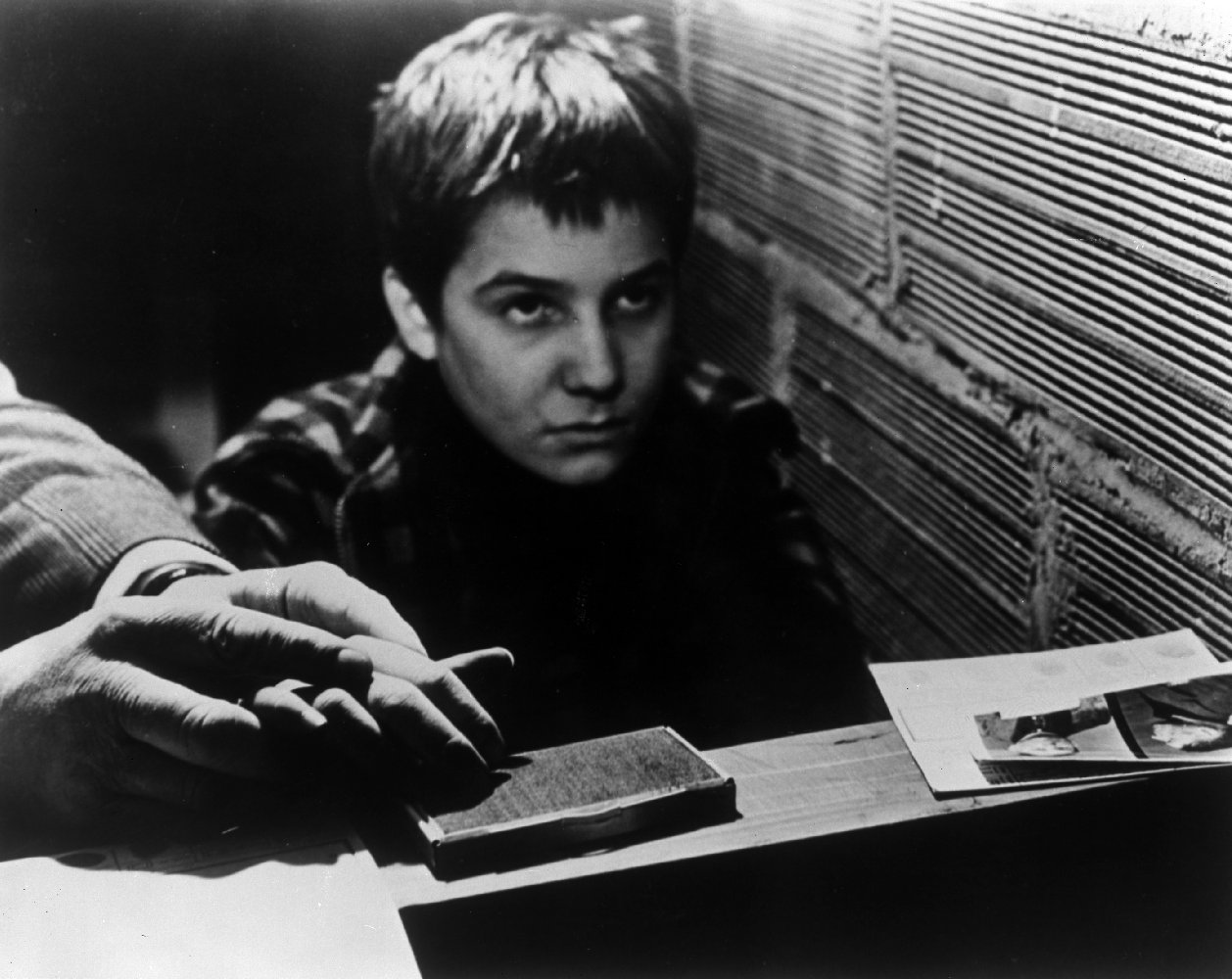
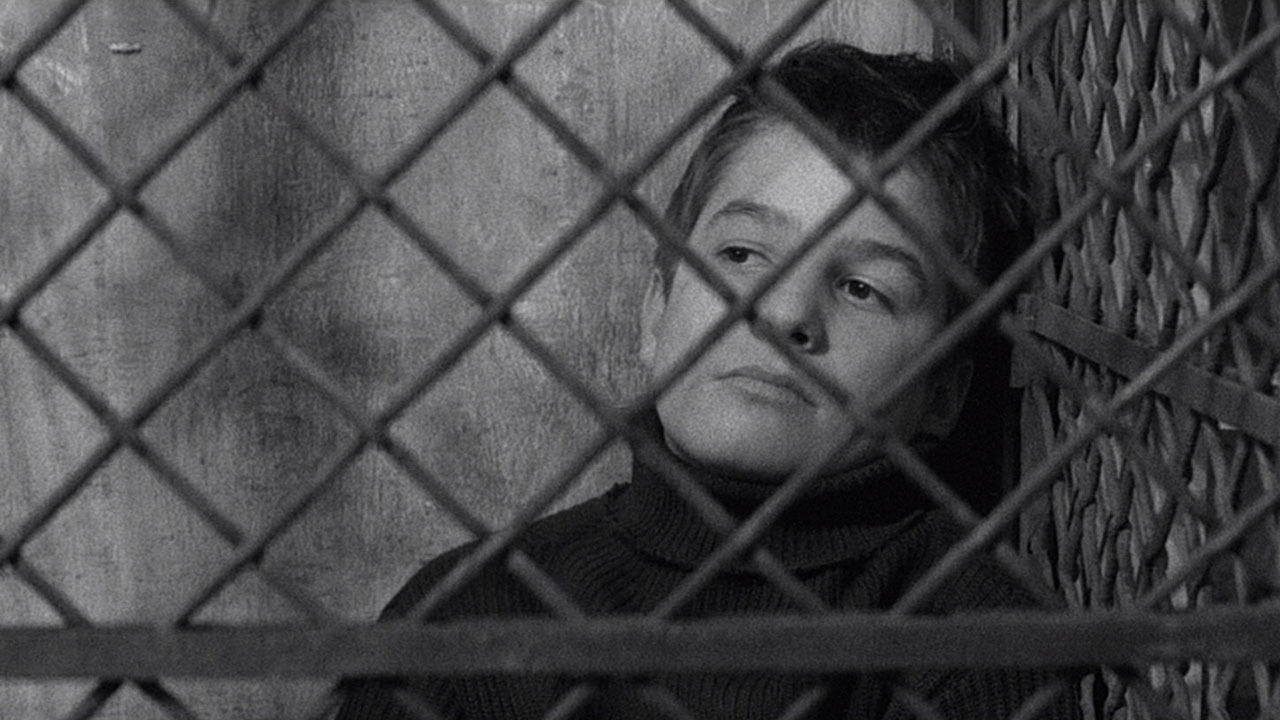
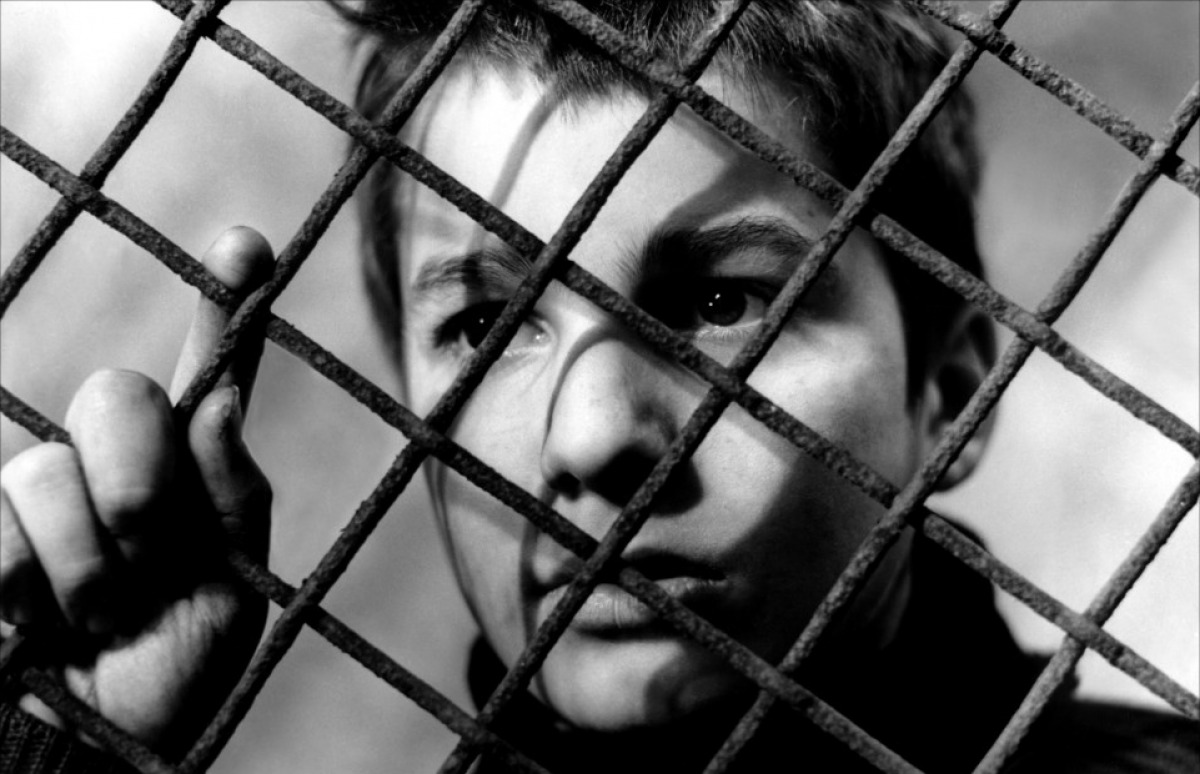
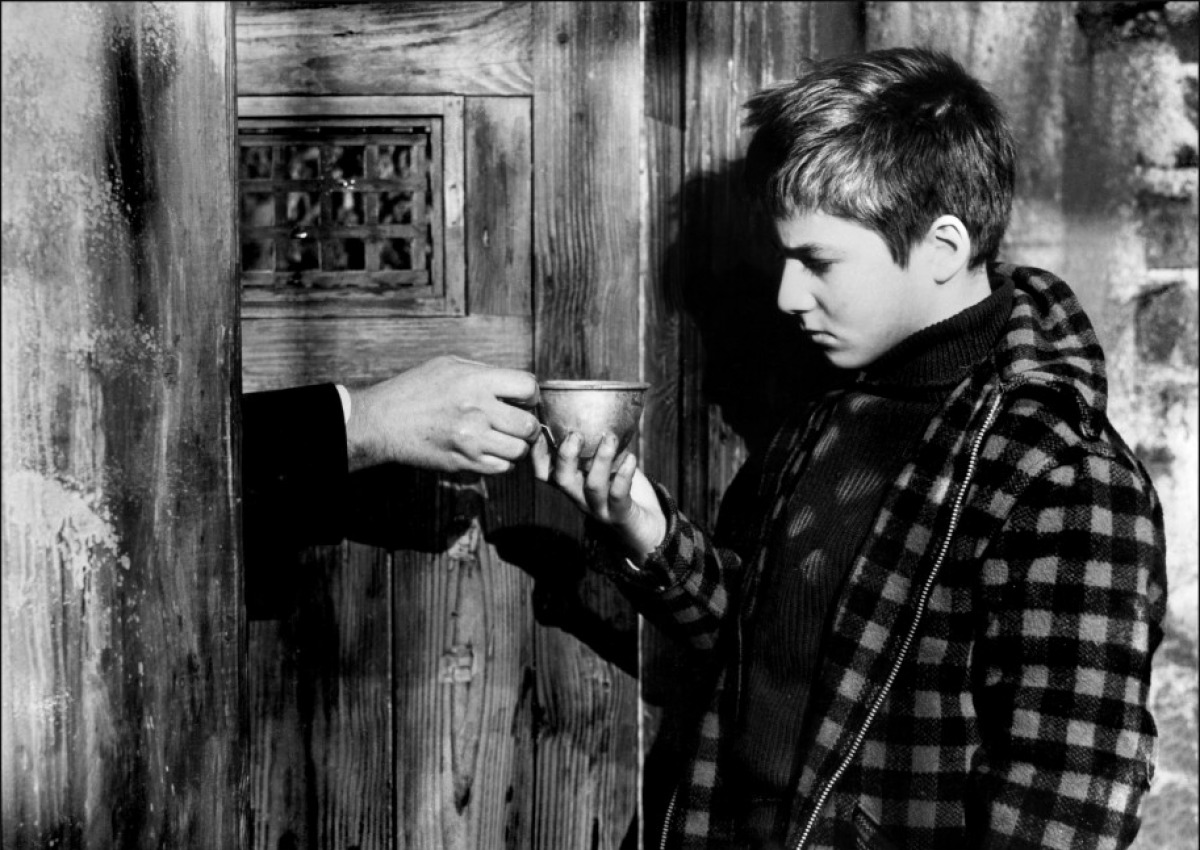
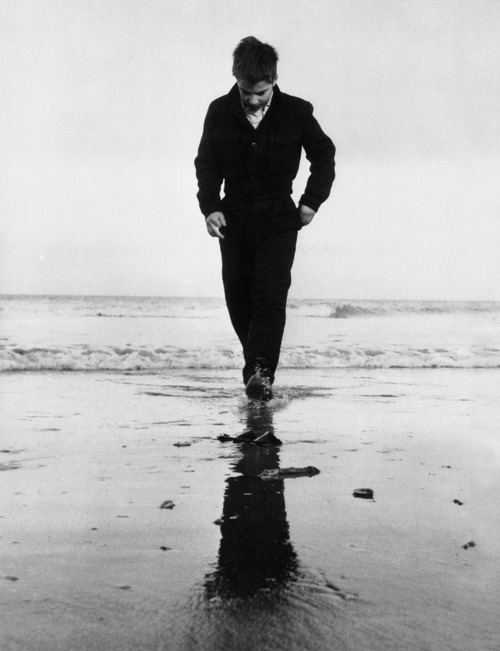
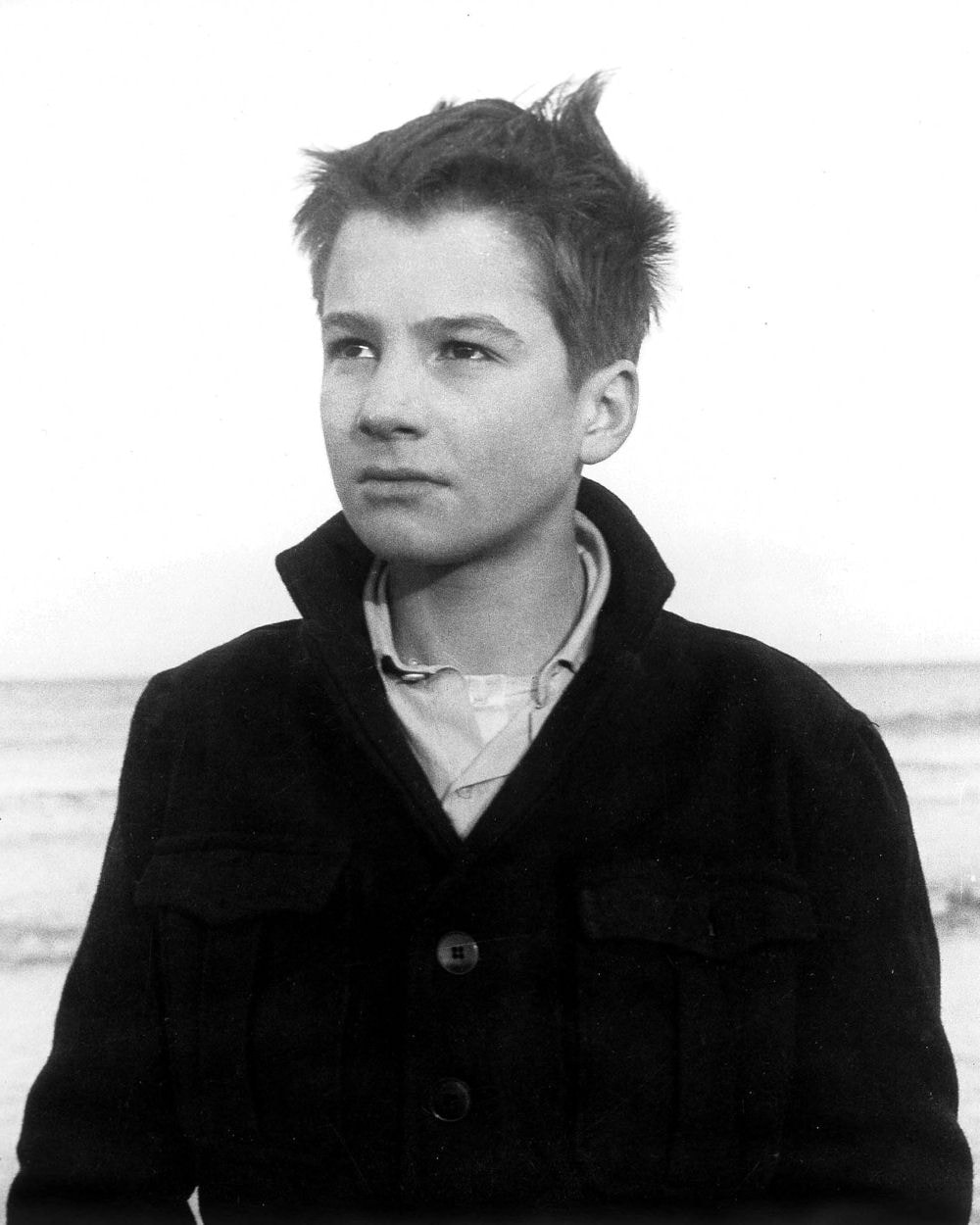
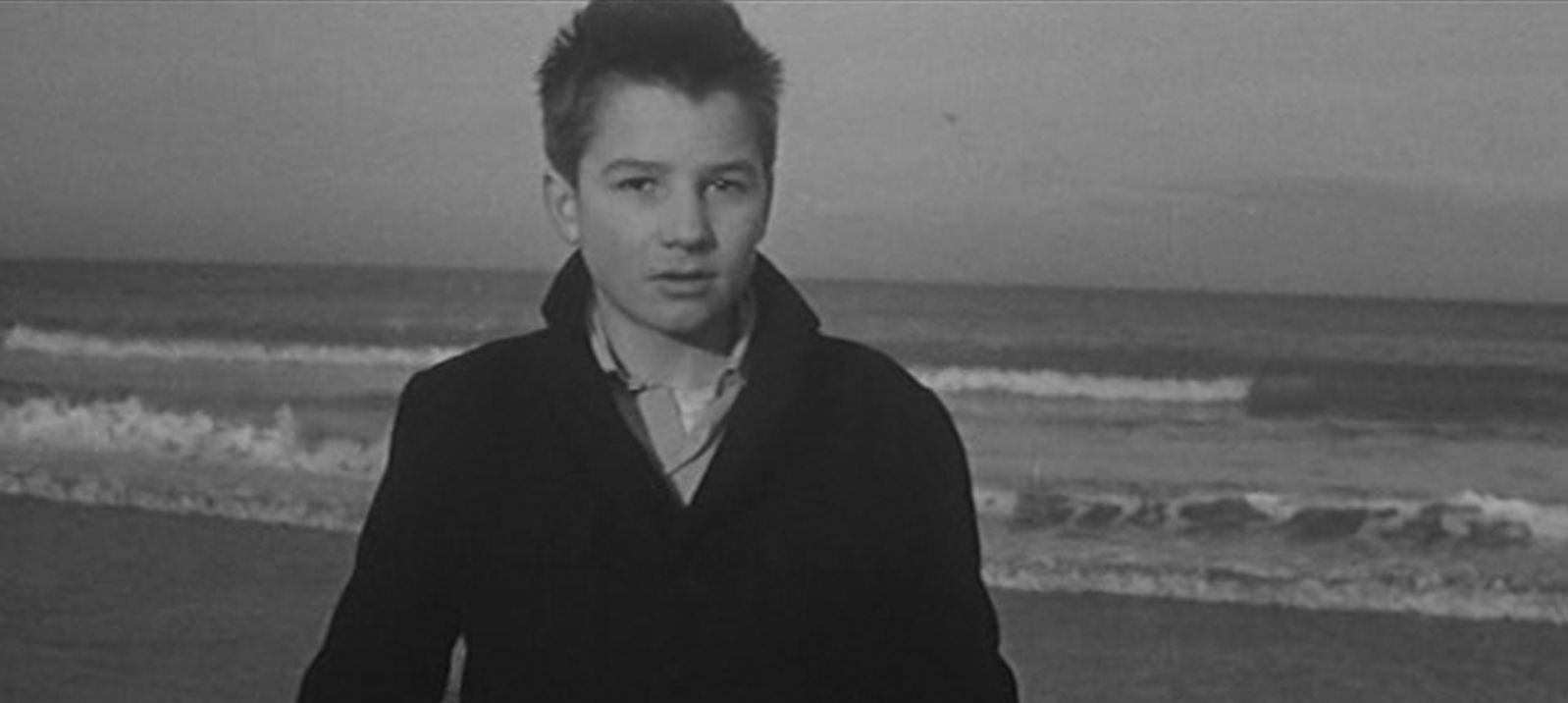
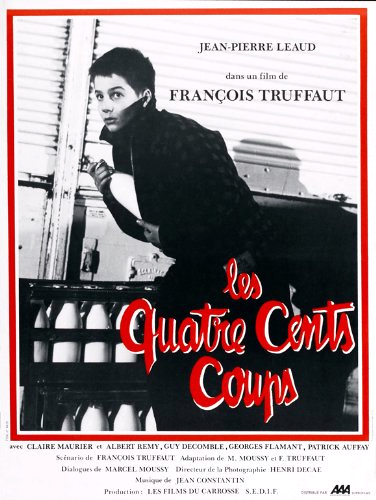
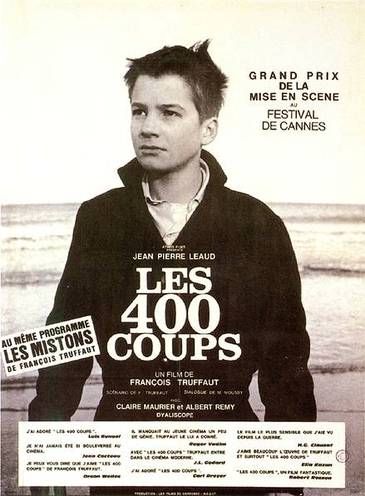
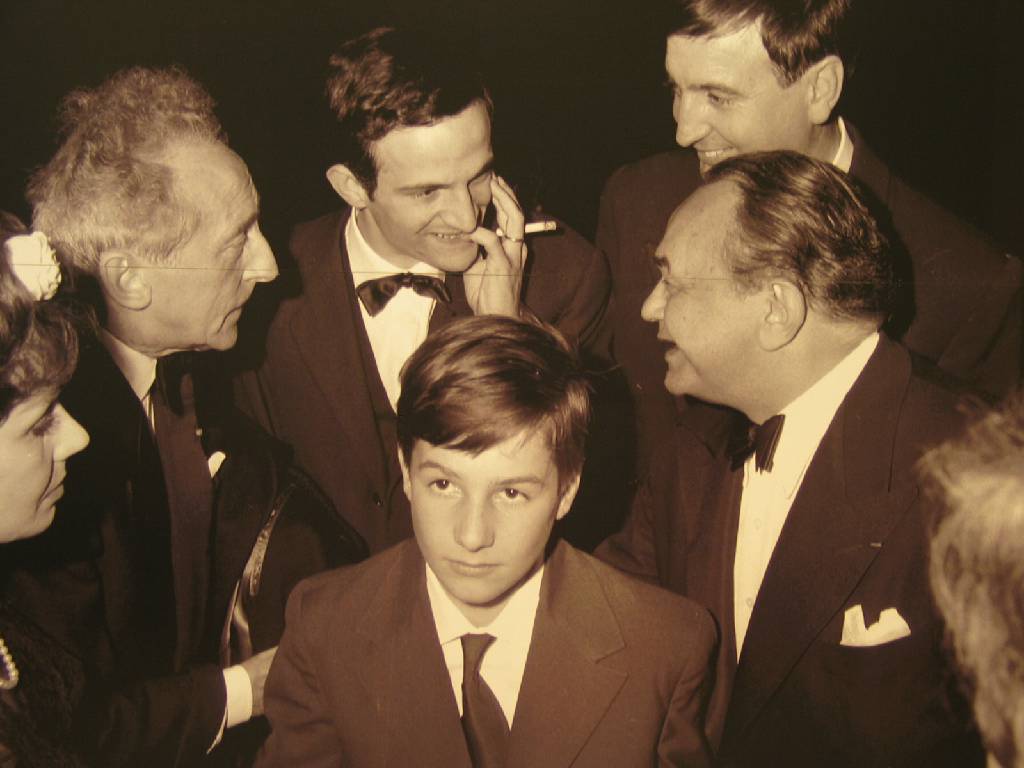
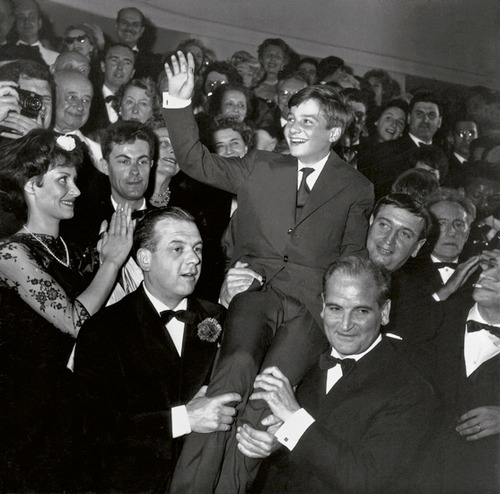
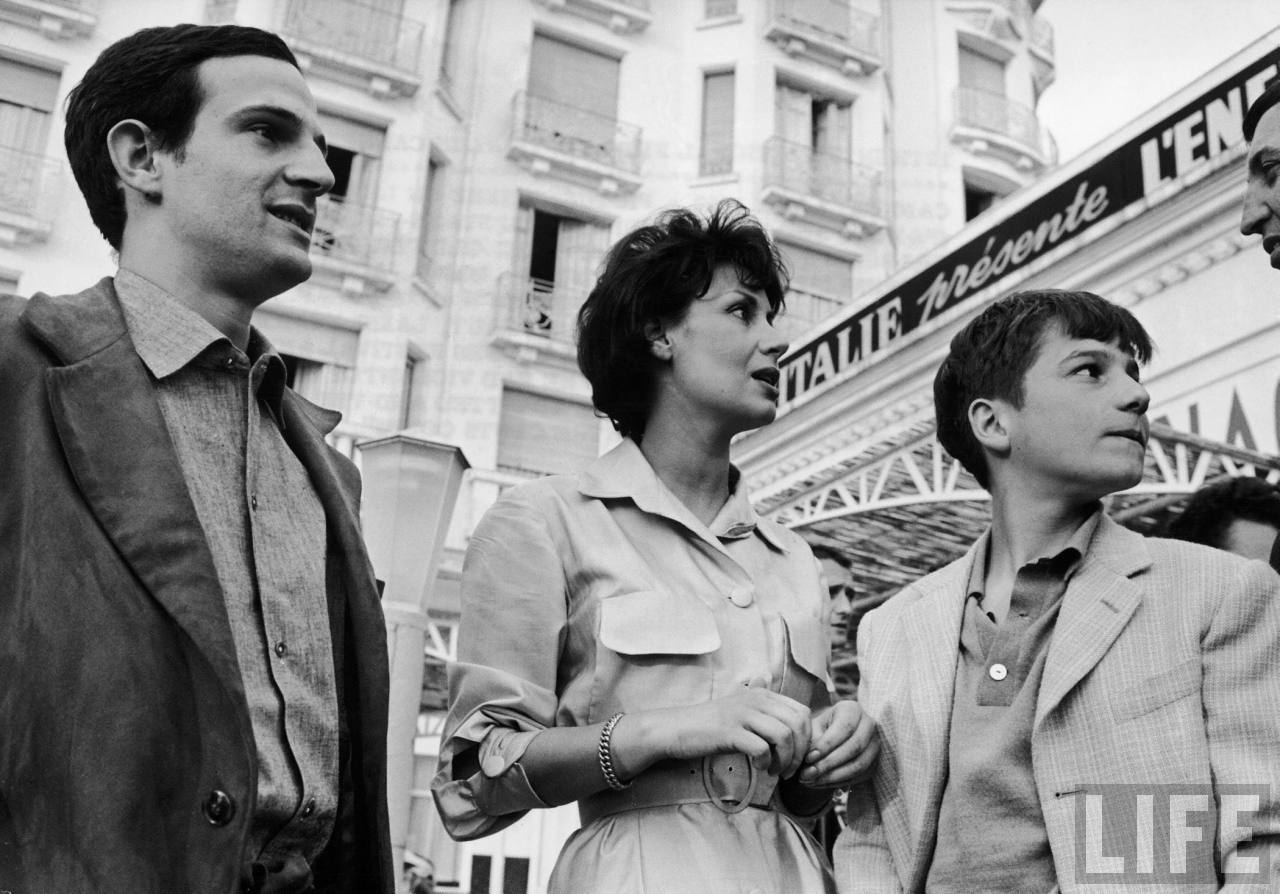
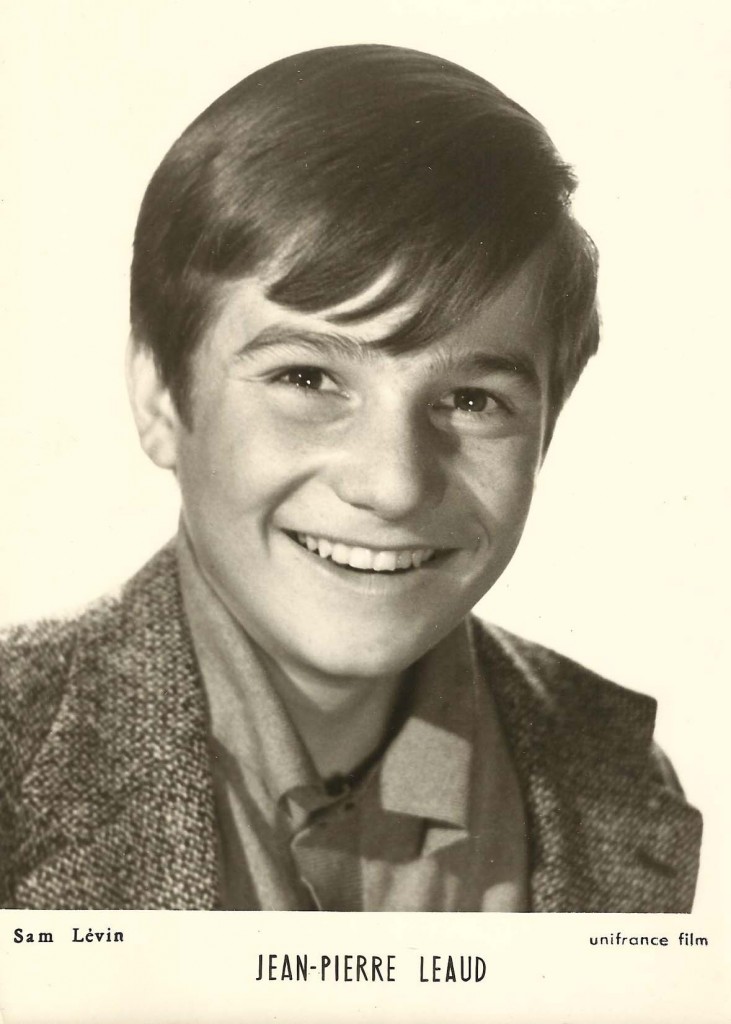
La psicóloga: "Tes parents disent que tu mens tout le temps".
Antoine Doinel (Jean-Pierre Léaud): "Ben, j'mens, j'mens de temps en temps quoi… des fois je leur dirais des choses qui seraient la vérité ils me croiraient pas, alors je préfère dire des mensonges".
Les 400 coups fue el primer largometraje de Truffaut. Truffaut tenía tan sólo 27 años cuando se estrenó.
La película triunfó en Cannes (ganó el premio al mejor director) y fue nominada al Oscar (Best Writing, Story and Screenplay – Written Directly for the Screen).
El guión fue escrito por Truffaut (con diálogos de Marcel Moussy). Les 400 coups es semi-autobiográfica. Al igual que Antoine Doinel, Truffaut odiaba el colegio, le gustaba el cine, tenía unos padres que apenas estaban en casa y estuvo en la cárcel por robar.
Jean-Pierre Léaud fue el alter-ego de Truffaut y encarnó a Antoine Doinel en 4 películas más: Antoine et Colette (una de las 5 historias de L’amour à vingt ans, 1962), Baisers volés (1968), Domicile conjugal (1970) y L’amour en fuite (1979).
Las escenas de Antoine con la psicóloga (donde sólo vemos a Antoine) eran para Truffaut las más importantes de la película. Las respuestas fueron improvisadas por Léaud. Truffaut le dio antes tan sólo unas pautas. La interpretación de Léaud es espectacular y de una naturalidad impresionante.
Hace poco estuve pensando a quién me recordaba Jean-Pierre Léaud en su rol de Antoine Doinel. Me recordaba a otro niño de otra película, a otro joven actor talentoso, pero no daba con él. De repente me vino a la cabeza el joven Christian Bale en su rol de Jim en Empire of the Sun (1987): la misma triste mirada, la misma inocencia.
Lo mejor: el principio (la cámara bordeando la Tour Eiffel), Jean-Pierre Léaud sin duda alguna, la escena del parque de atracciones (donde Truffaut hace un cameo), los niños de los 50 y el lobo, la decepción de Antoine después de fracasar en su redacción, y la fuerza poética del final.
Presentación y Trailer oficial de Les 400 coups
Jean-Pierre Léaud en el Festival de Cannes (1959)
 Antonia Tejeda Barros, Madrid – Aix-en-Provence, 15 de julio de 2016
Antonia Tejeda Barros, Madrid – Aix-en-Provence, 15 de julio de 2016
The psychologist: "Tes parents disent que tu mens tout le temps".
Antoine Doinel (Jean-Pierre Léaud): "Ben, j'mens, j'mens de temps en temps quoi… des fois je leur dirais des choses qui seraient la vérité ils me croiraient pas, alors je préfère dire des mensonges".
Les 400 coups was Truffaut’s first feature film. Truffaut was only 27 when the movie was released. The film had a big success at the Cannes Festival (it won the prize for Best Director) and it was nominated for an Oscar for Best Writing, Story and Screenplay – Written Directly for the Screen.
The screenplay was written by Truffaut (with dialogs by Marcel Moussy). Les 400 coups is a semi-autobiographic film. Just like Antoine Doinel, also Truffaut hated school, loved cinema, had parents who hardly were at home, and was in jail for theft.
Jean-Pierre Léaud was Truffaut’s alter-ego and played Antoine Doinel in 4 more movies: Antoine et Colette (one of the 5 short stories of L’amour à vingt ans, 1962), Baisers volés (1968), Domicile conjugal (1970), and L’amour en fuite (1979).
Antoine’s scenes with the psychologist (where we only see Antoine) were the most important scenes for Truffaut. The answers were improvised by Léaud. Truffaut gave Léáud some clues before, but the lines are Léaud’s. Léaud’s performance is breathtaking and amazingly natural.
A few days ago I was trying to figure out who Jean-Pierre Léaud reminds of in his role of Antoine Doinel. He reminded me of another boy from another movie, another talented young actor, but I couldn’t find out who it was. Suddenly, I thought of the young Christian Bale in his role of Jim in Empire of the Sun (1987): same sad glance, same innocence.
The best: Jean-Pierre Léaud, the beginning (the camera bordering the Tour Eiffel), the amusement park scene (where Truffaut does a cameo), the children of the 50s and the wolf, Antoine’s disappointment after failing in his essay, and the poetic end.
Presentation & Official Trailer of Les 400 coups
Jean-Pierre Léaud at the Cannes Festival (1959)
 Antonia Tejeda Barros, Madrid – Aix-en-Provence, July 15, 2016
Antonia Tejeda Barros, Madrid – Aix-en-Provence, July 15, 2016

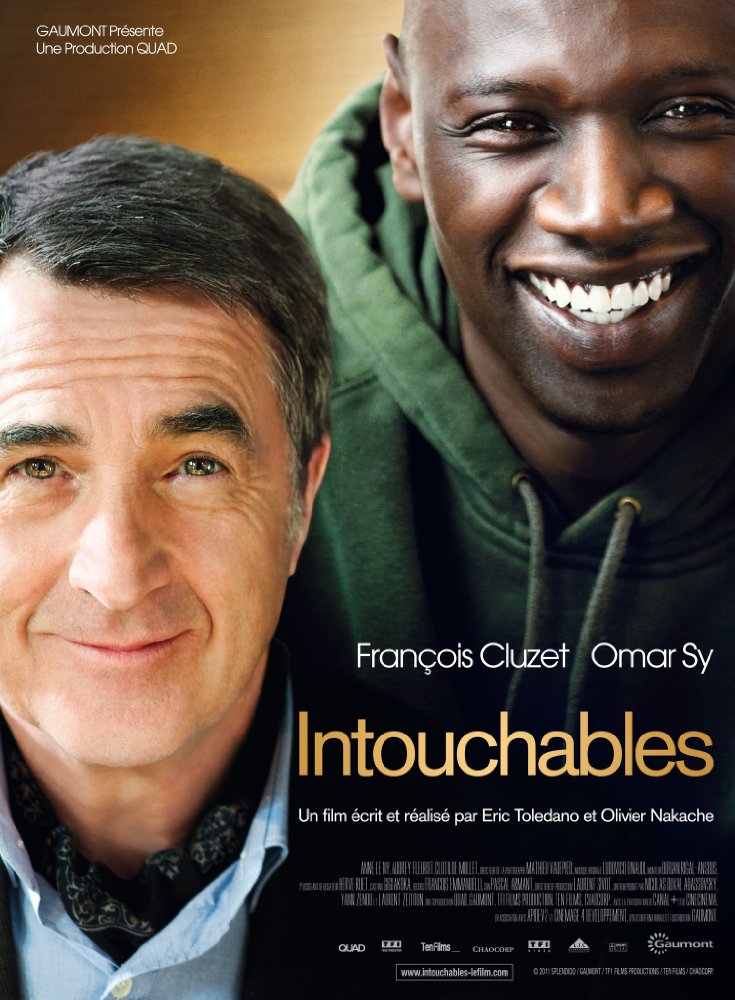
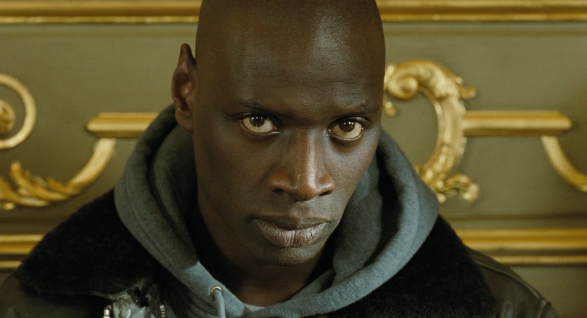
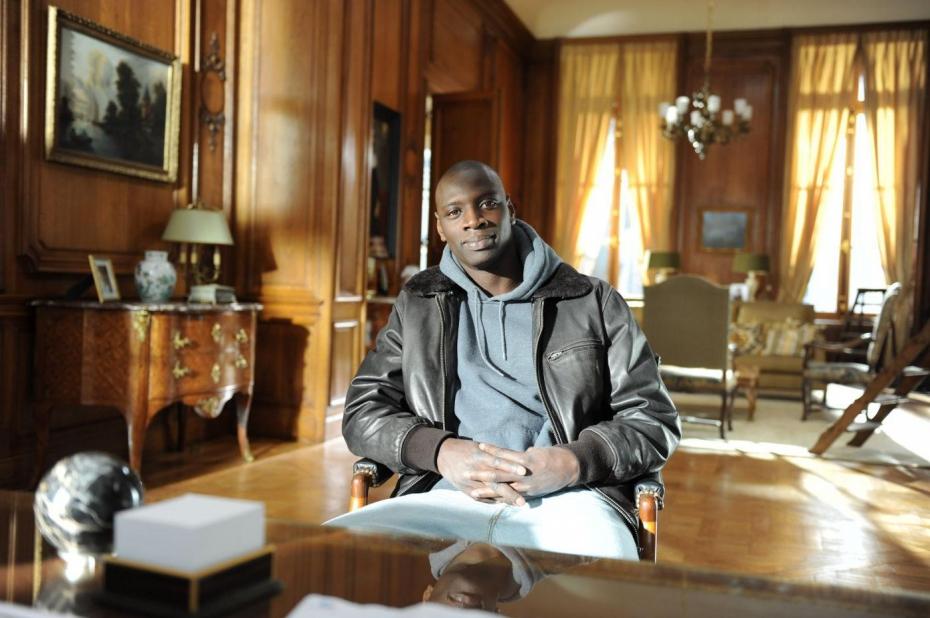
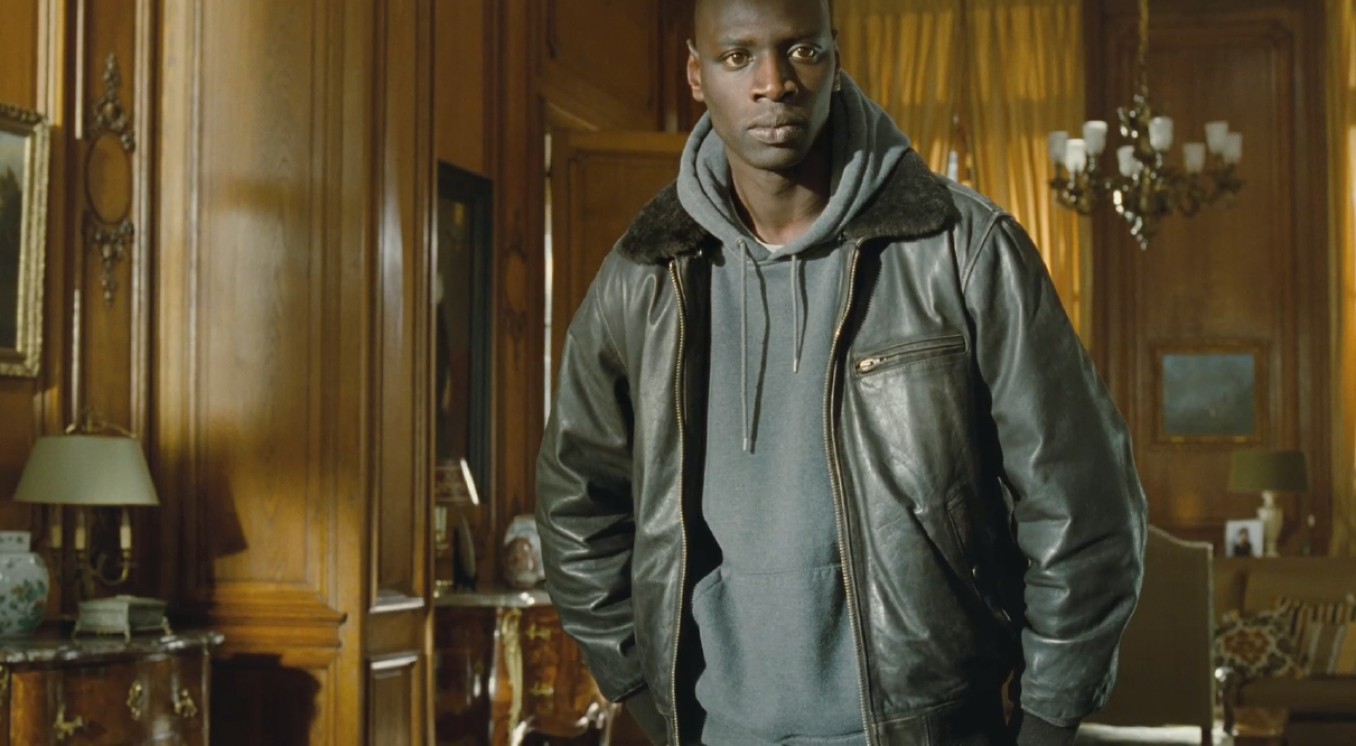
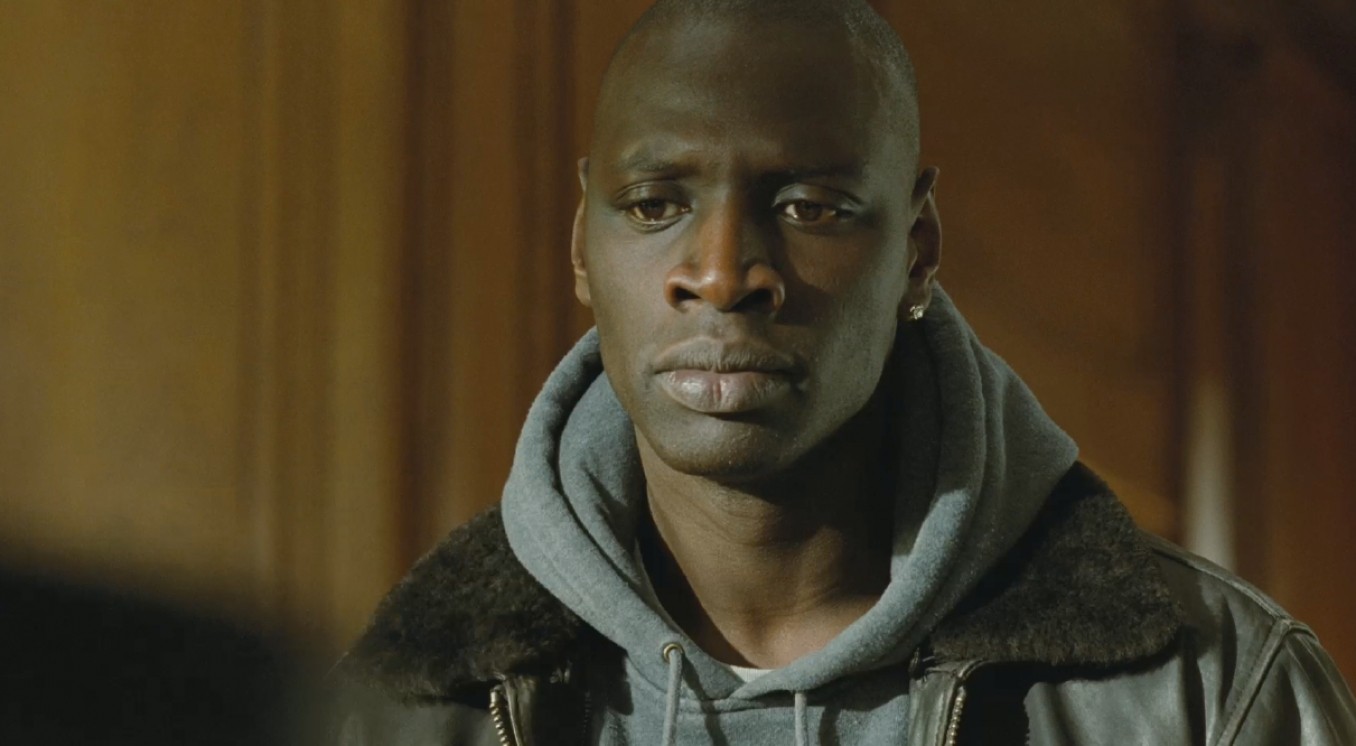
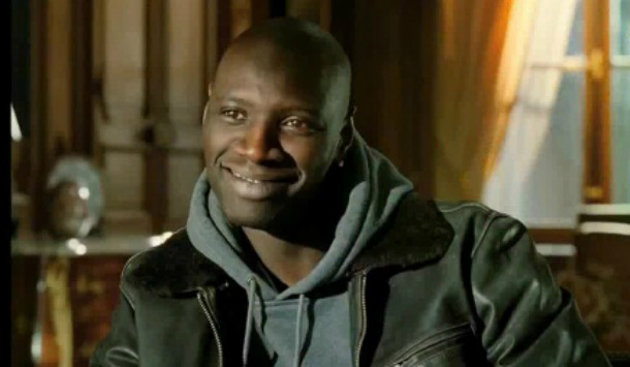
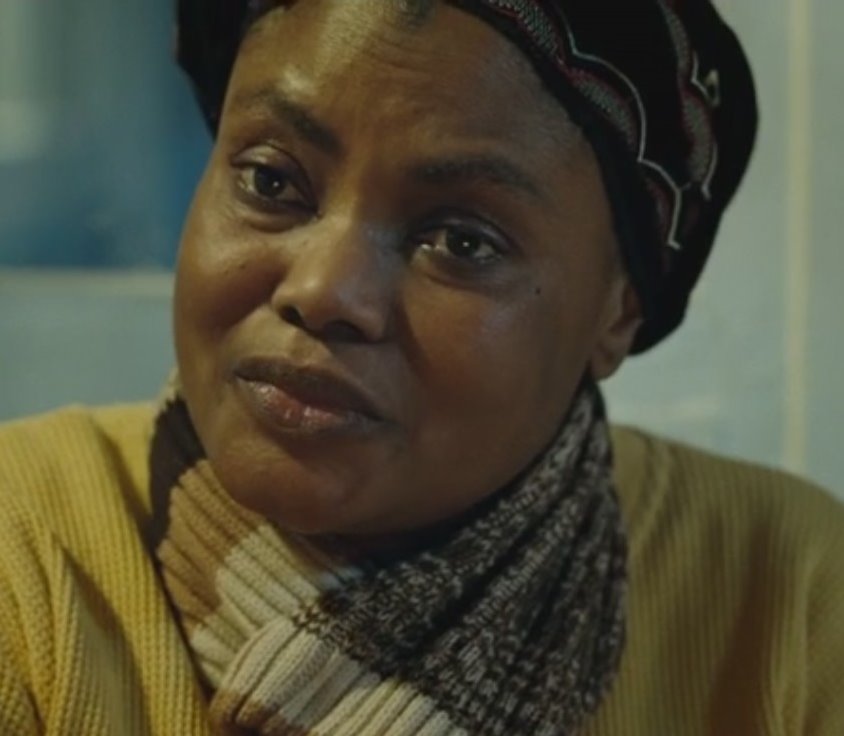
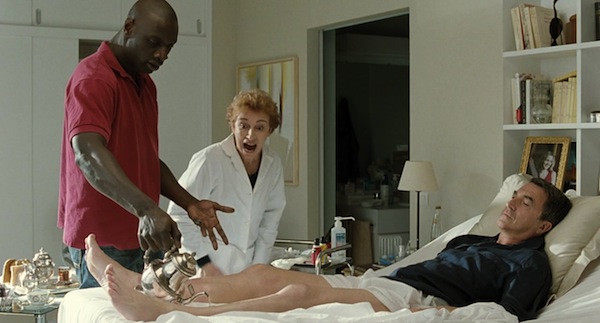
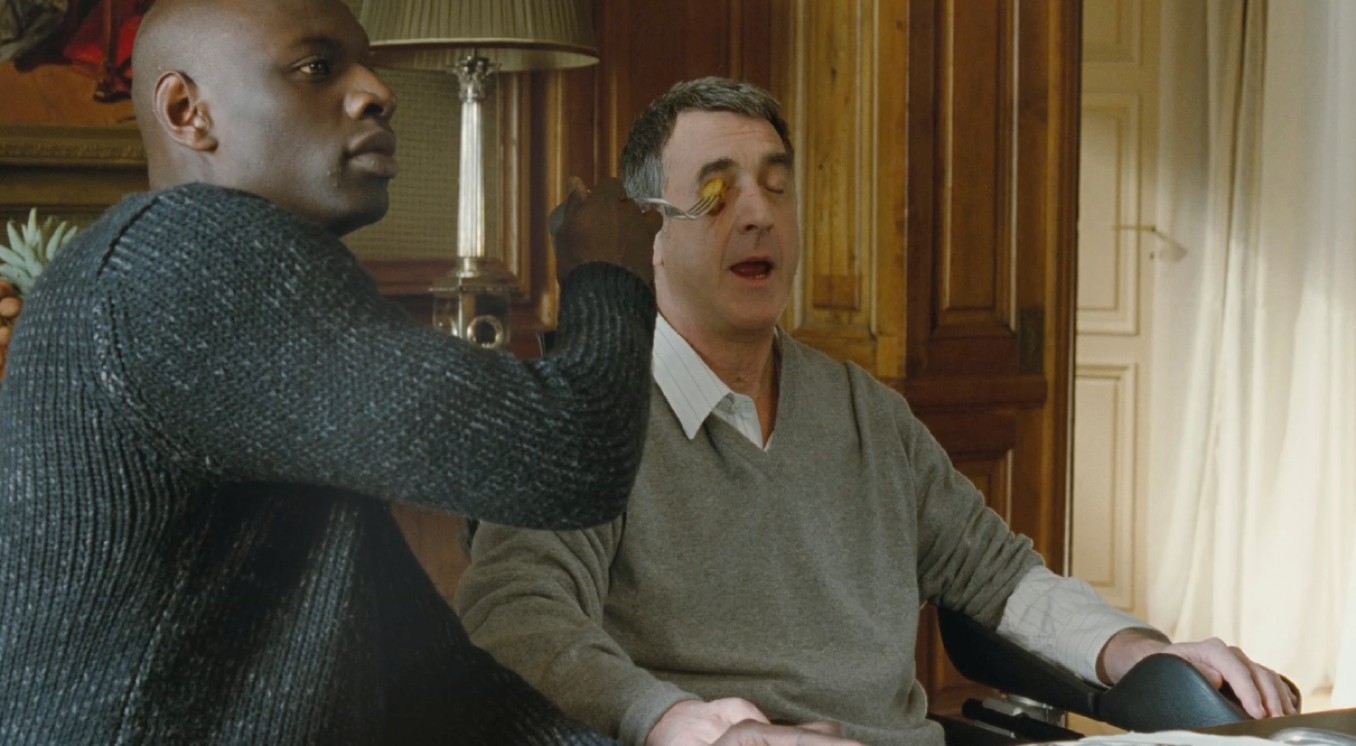
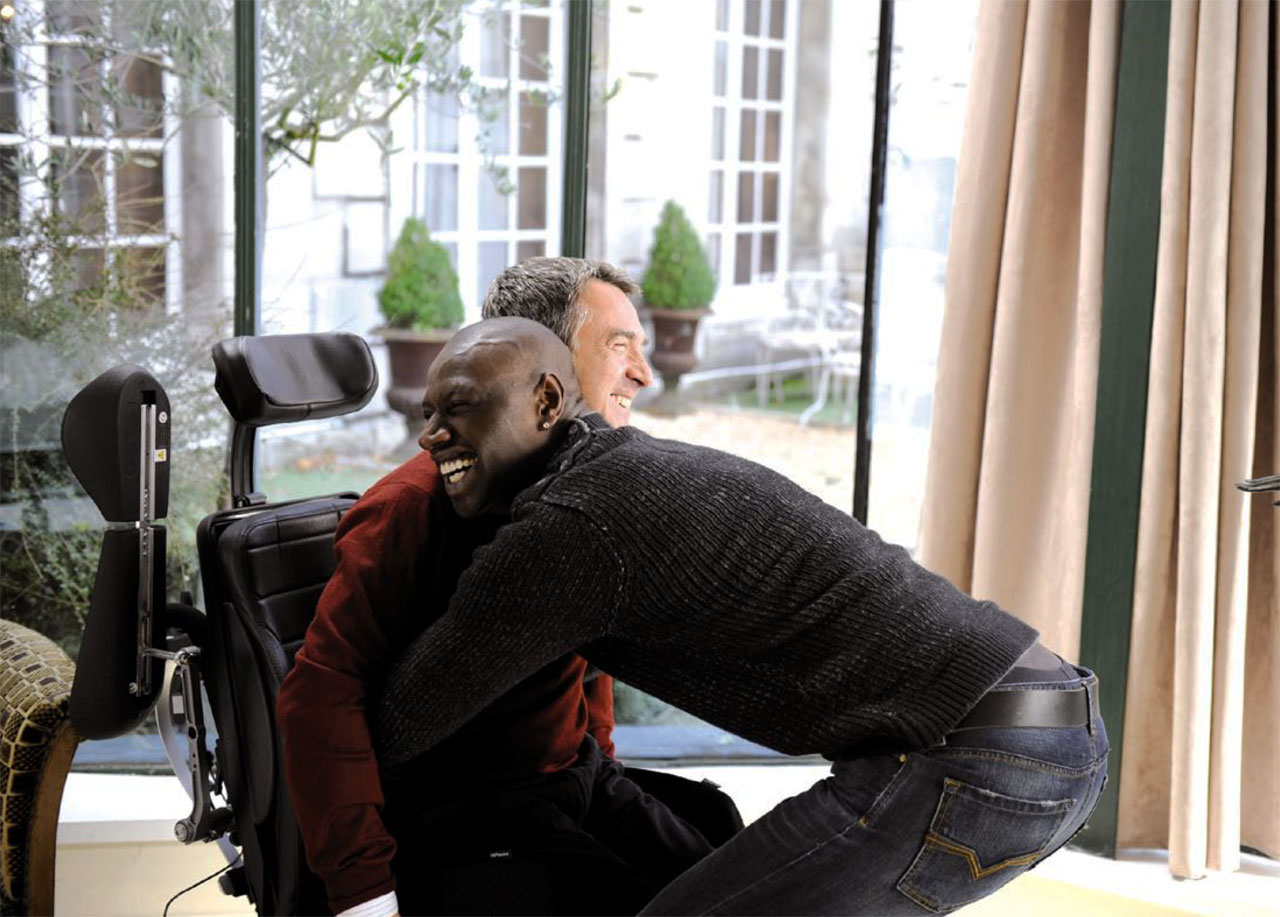
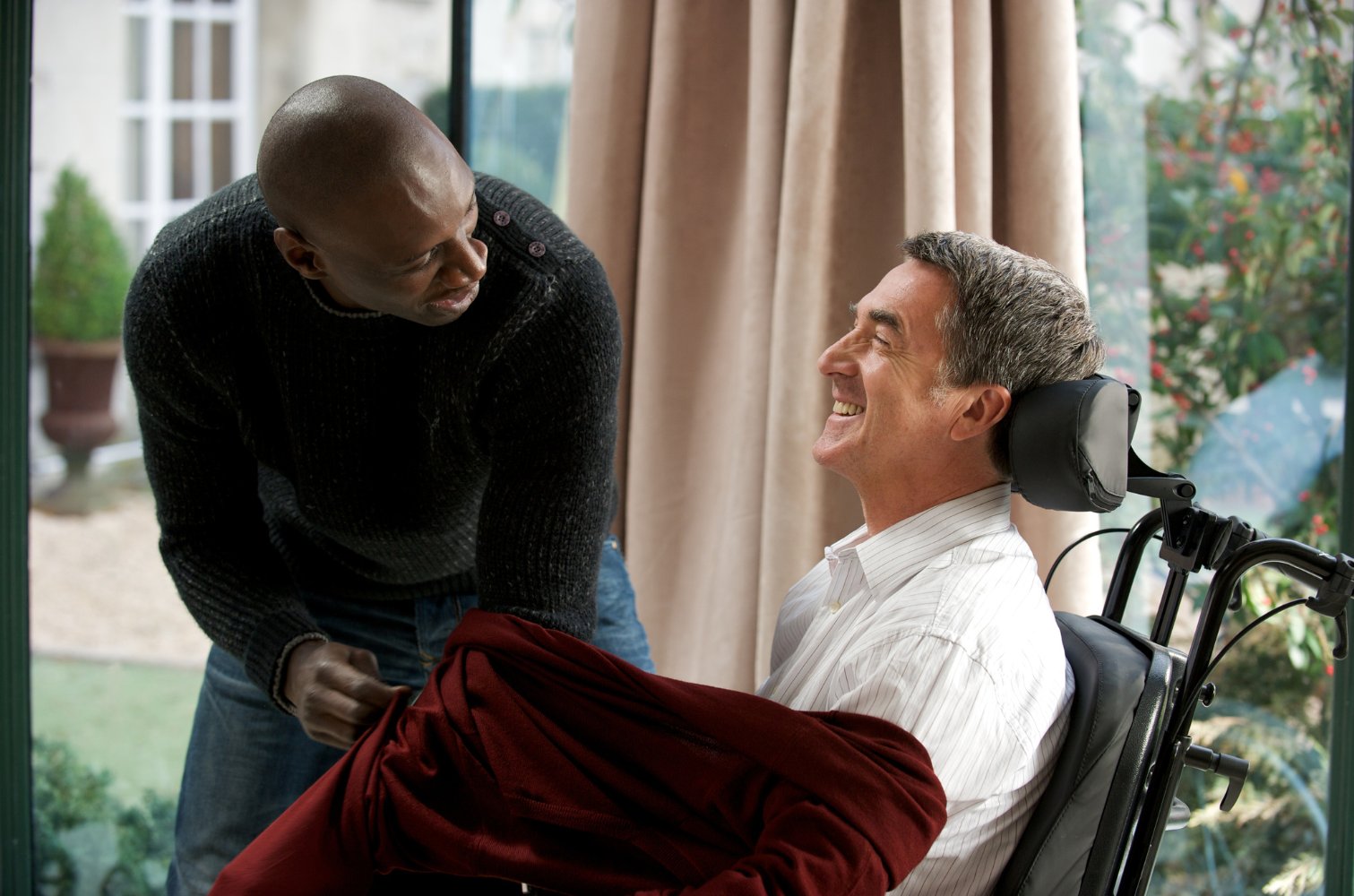
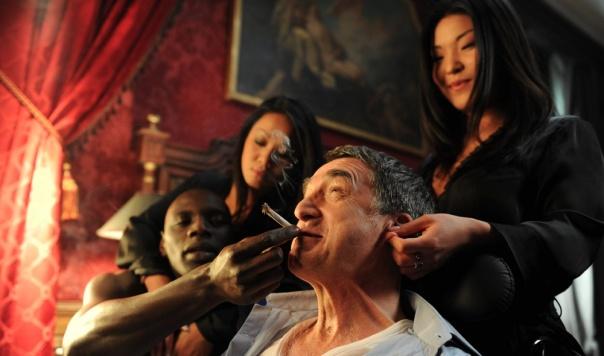
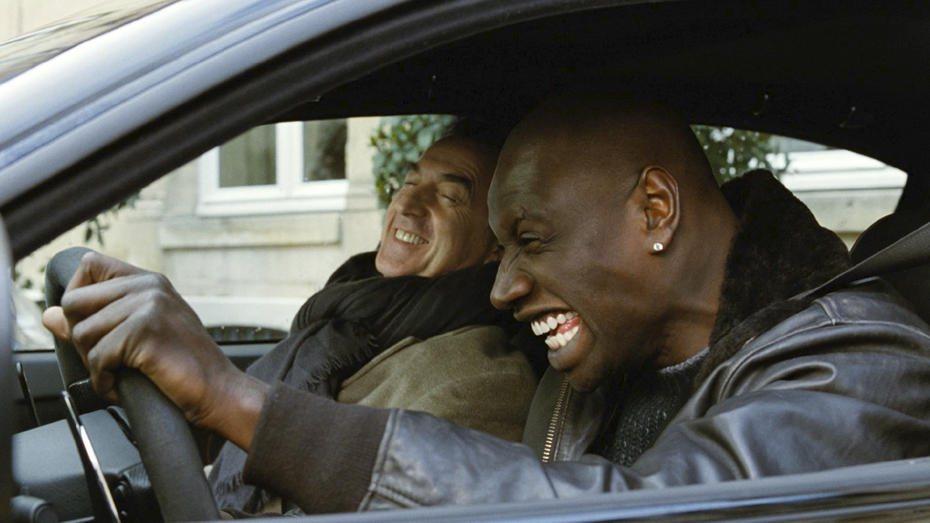
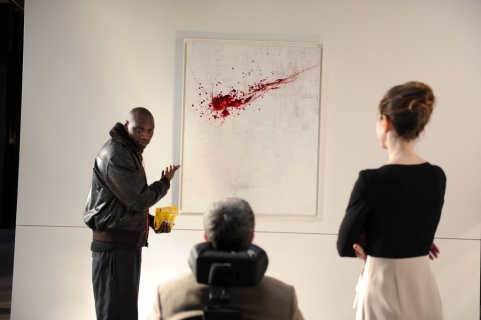
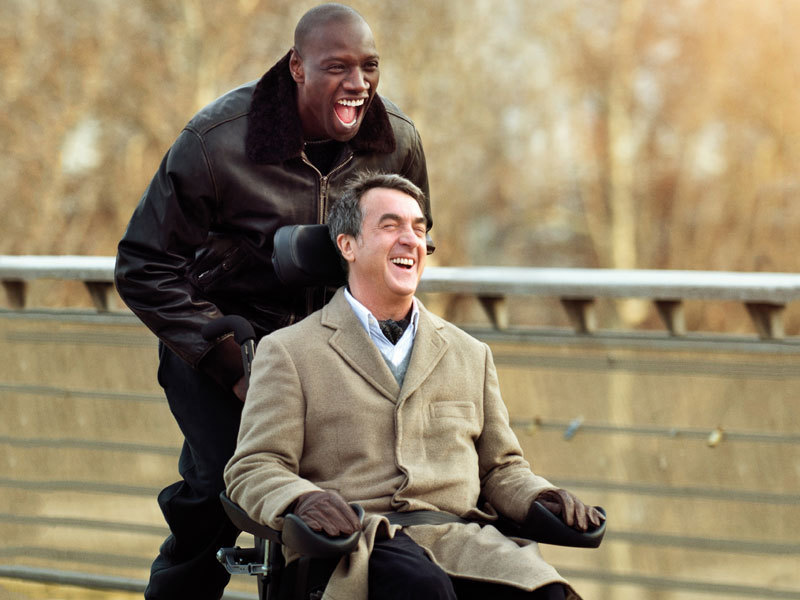
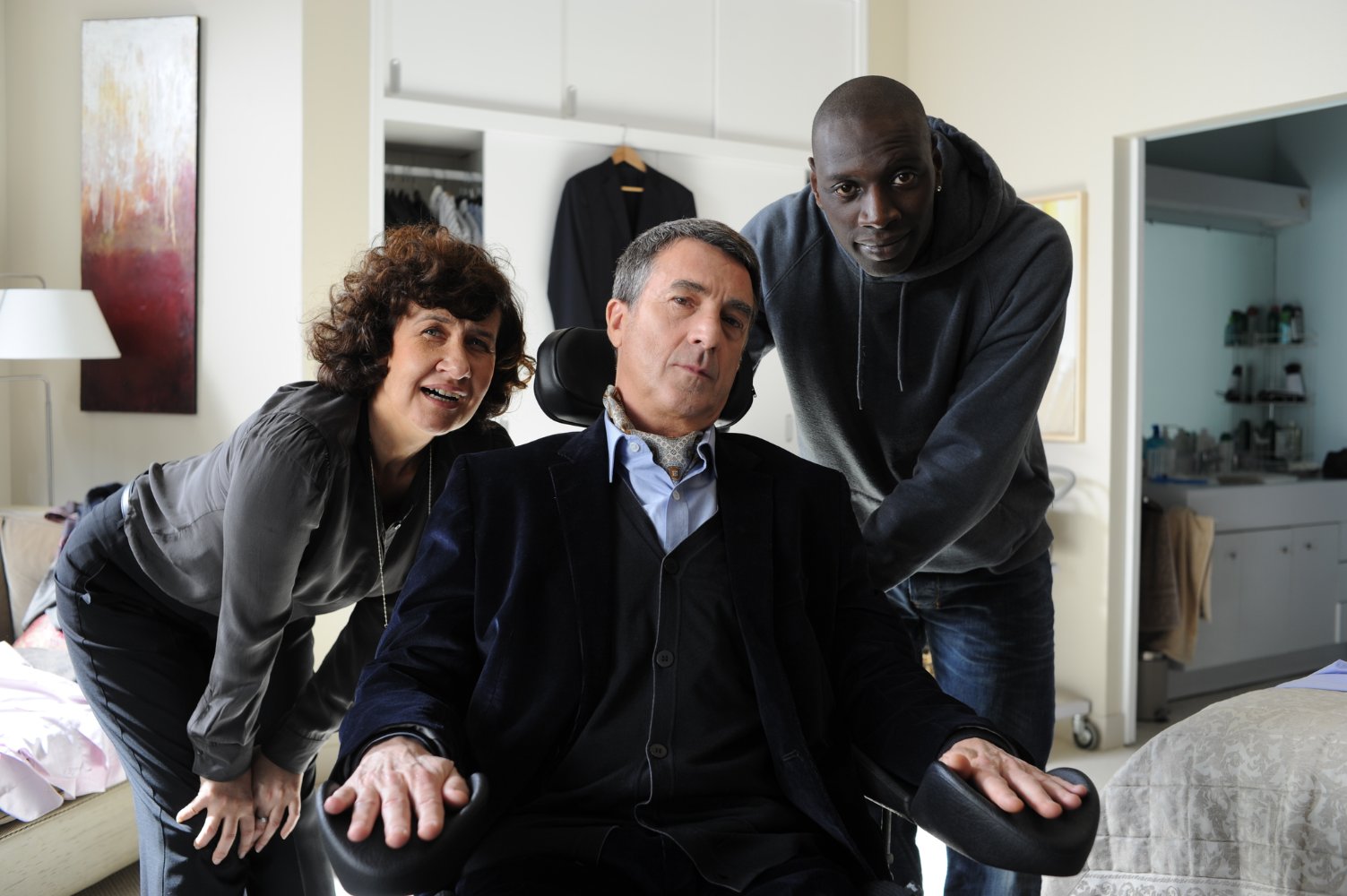
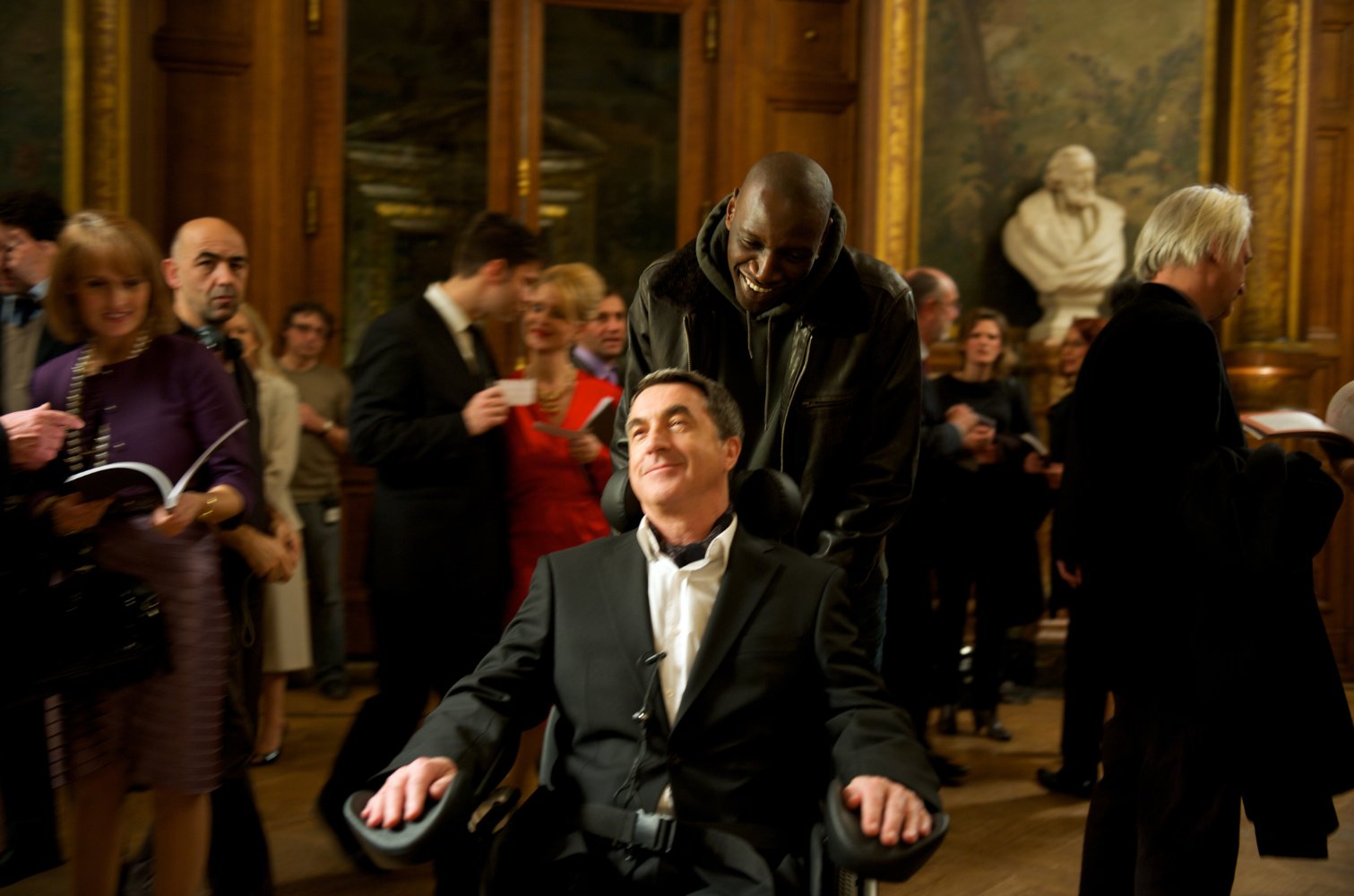
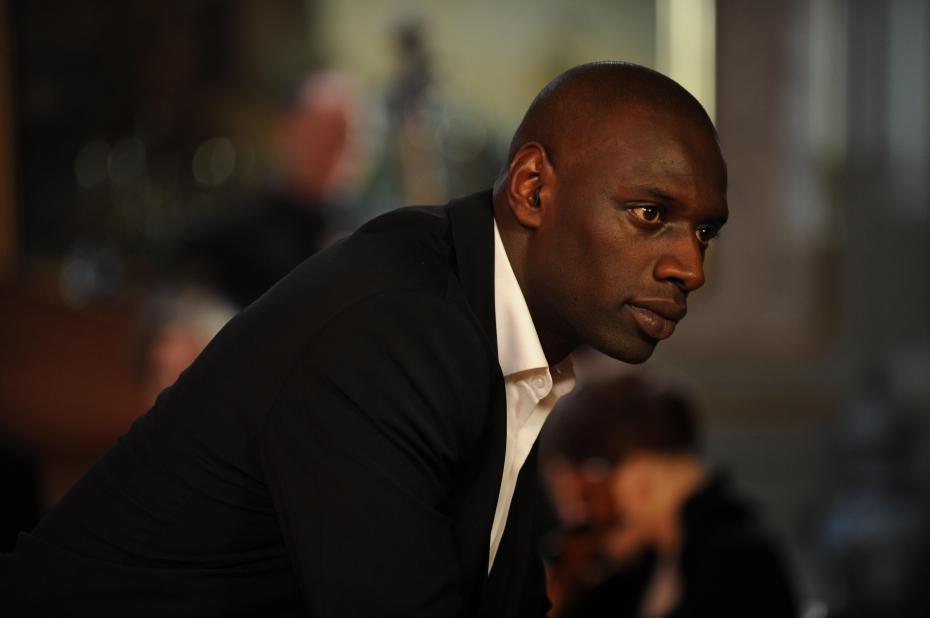
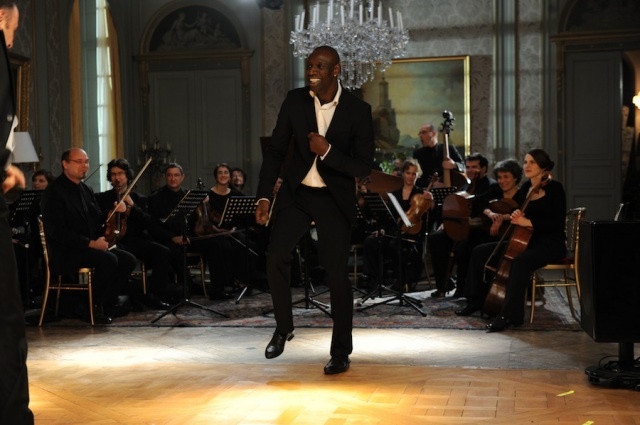
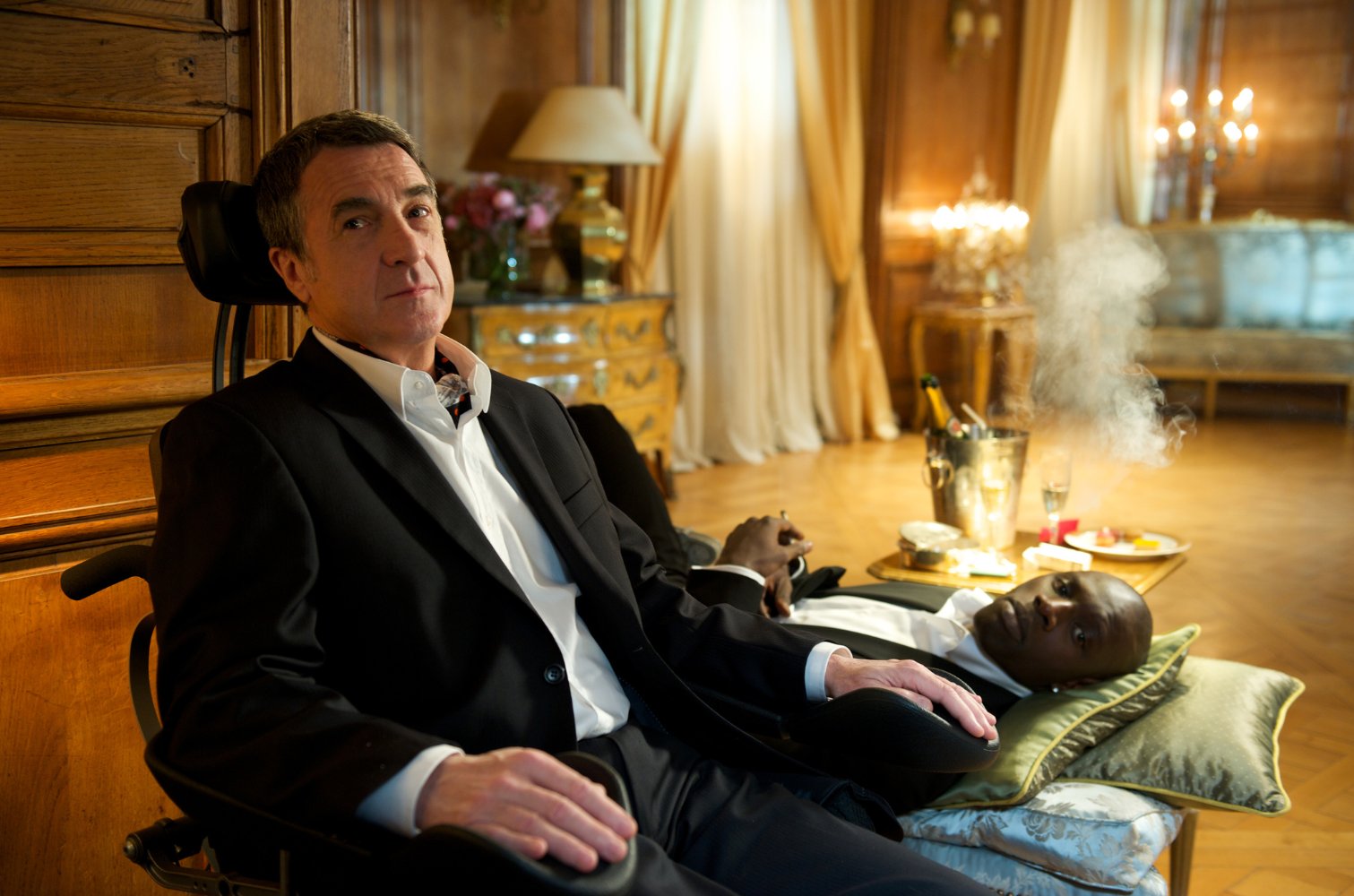
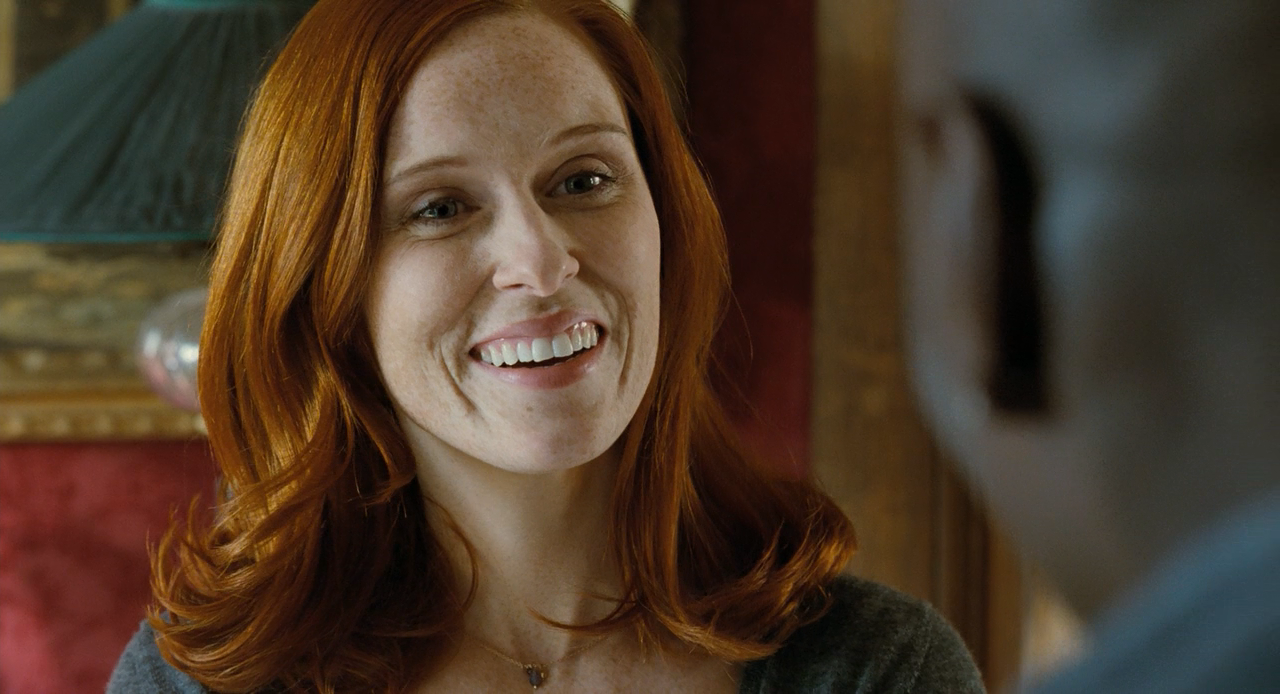
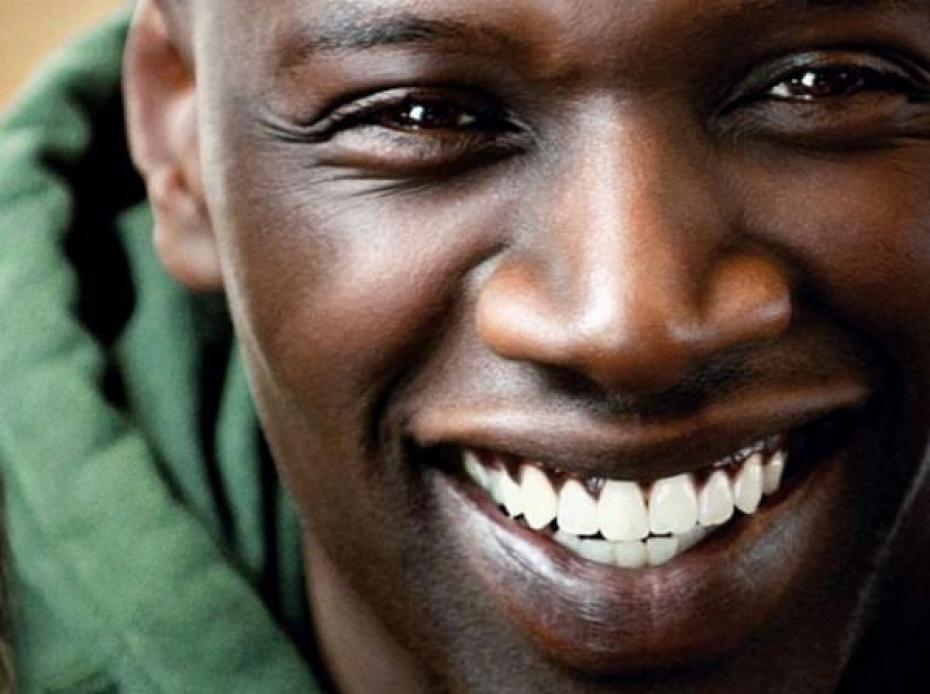
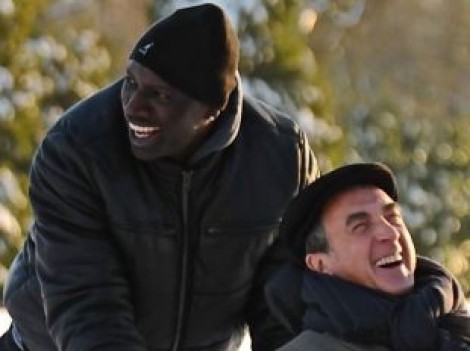


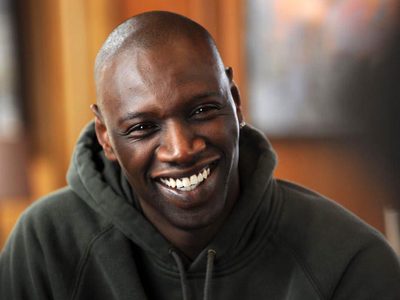
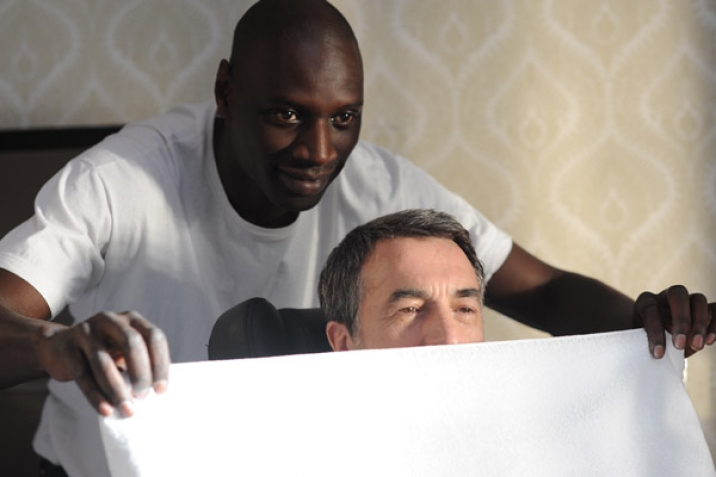
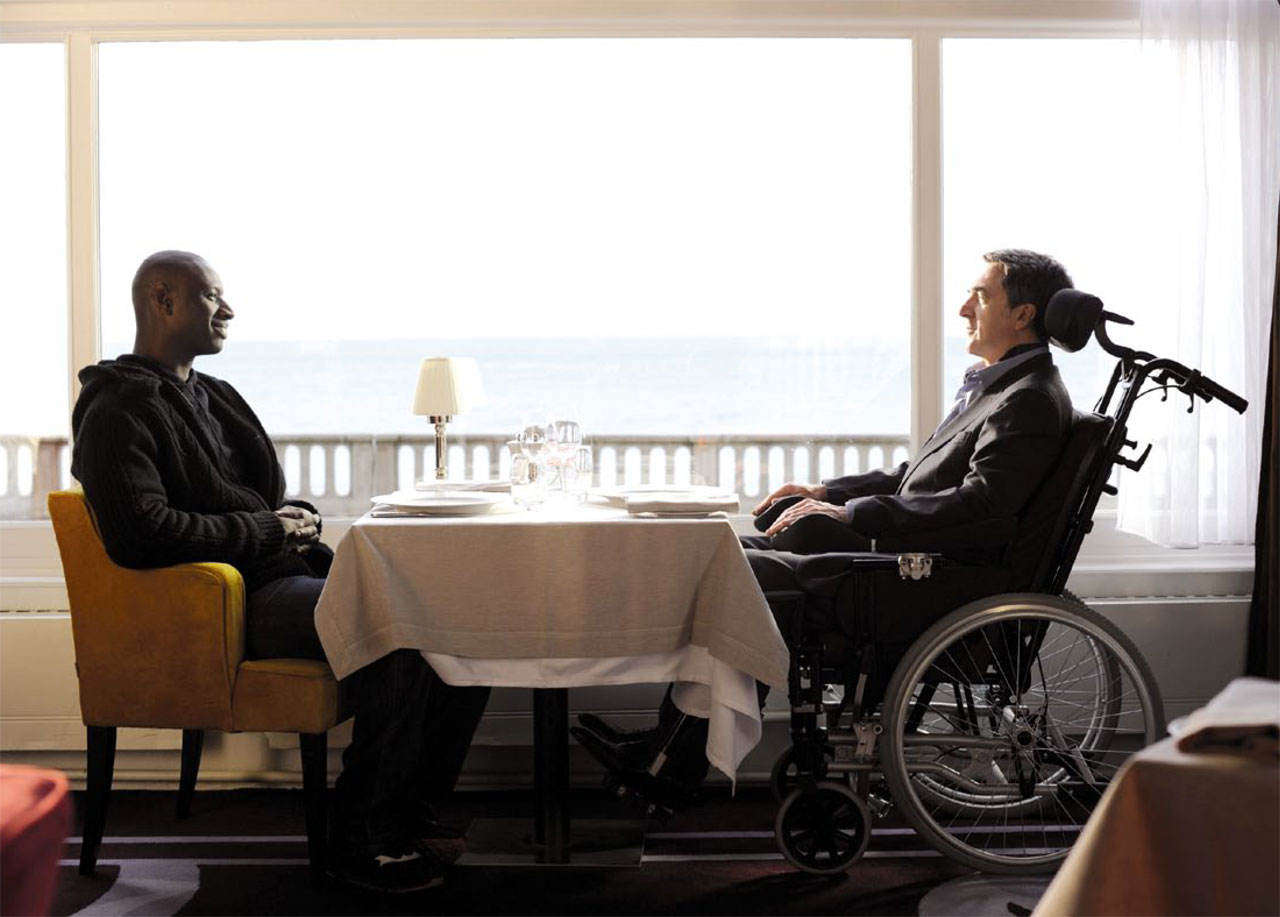
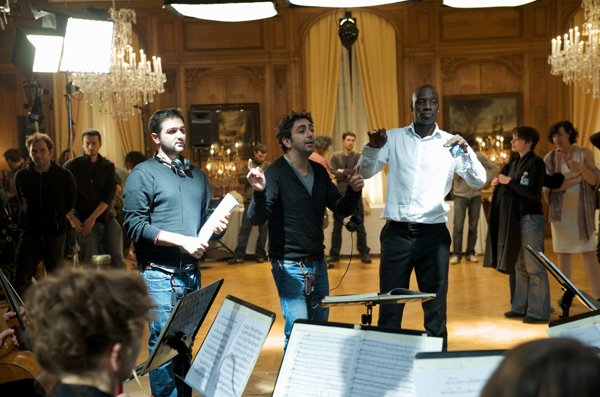
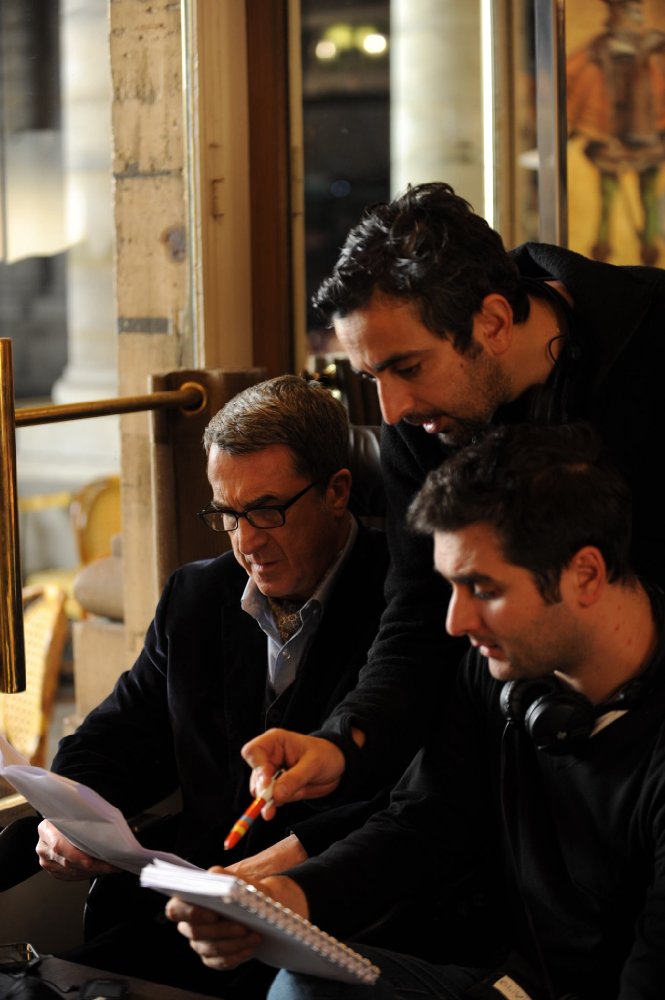
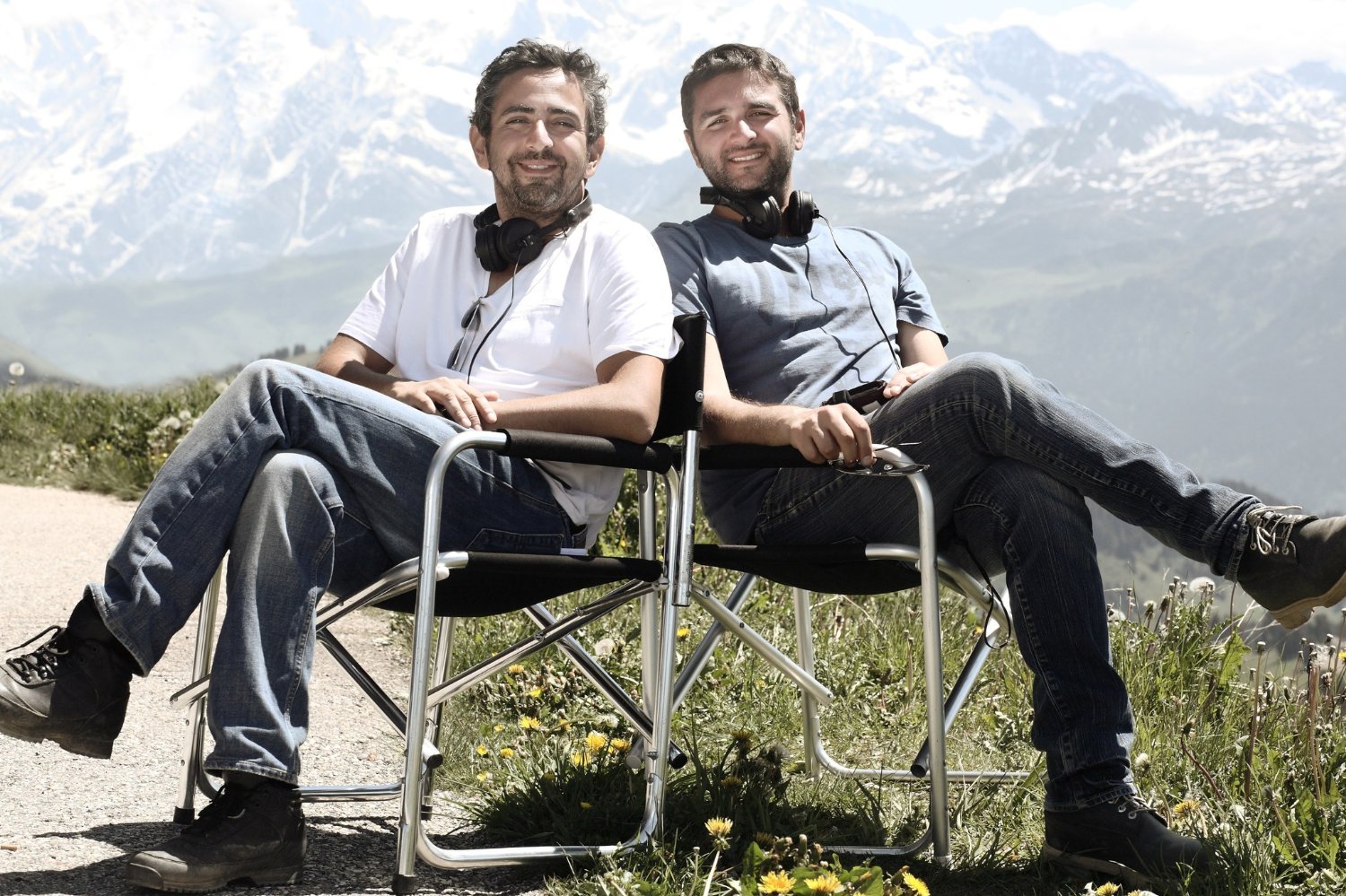
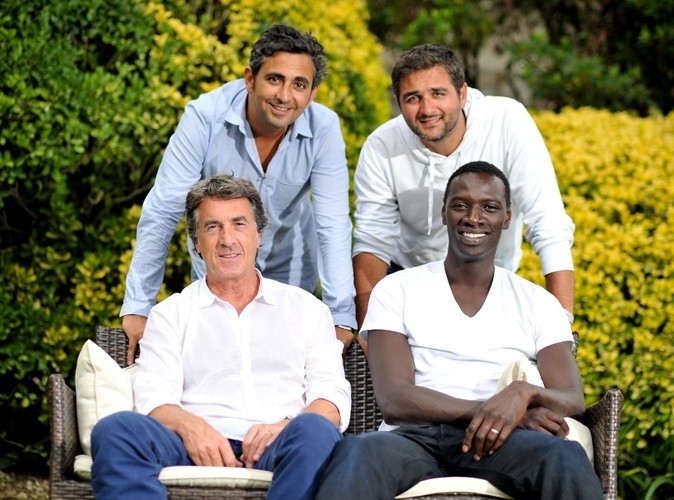
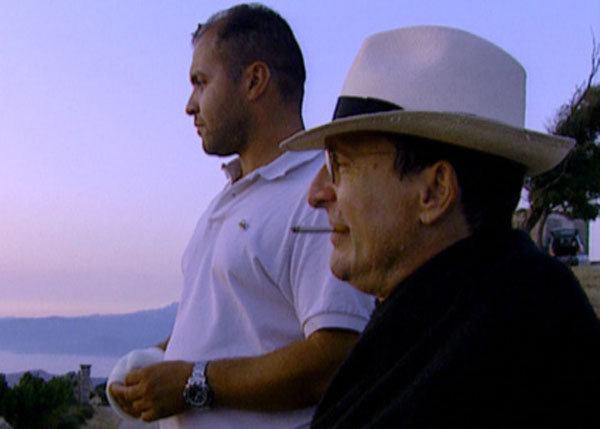
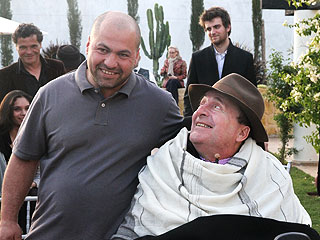
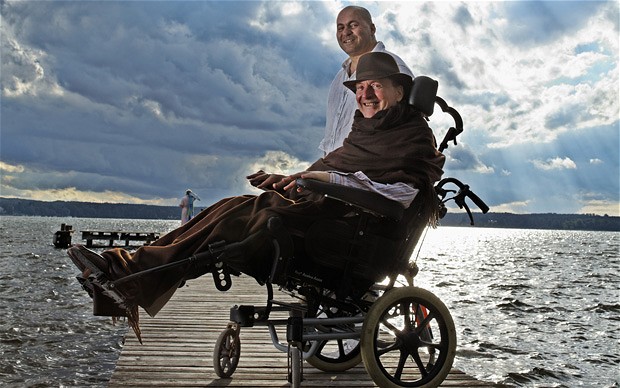
 Antonia Tejeda Barros, Madrid – Aix-en-Provence, 8 de julio de 2016
Antonia Tejeda Barros, Madrid – Aix-en-Provence, 8 de julio de 2016